All You Need to Know About Freight Charges

Freight charges are an integral part of the shipping industry. Even the best freight forwarders face issues when it comes to freight charges. Hence, working with a professional freight provider is necessary to make sure that the business understands the different aspects of freight charges and its handling, thereby helping the business make sane decisions when it comes to freight-related queries.
What are freight charges?
The costs incurred by the freight provider for moving goods from the origin destination to the final delivery destination of the transhipment are referred to as "freight charges." The charges will vary depending on the mode of transport you are using to transport the freight.
The different modes of transportation of goods are by water (ships), road (trucks), and air (planes). The weight of the stock being transported is another factor that can affect the charges. Cargo beyond a specified weight might face higher charges.
Types of Freight Charges
The freight charges vary depending on how they are calculated. Let us look into the different freight charges:
Consignee Collect
In this type of freight charge, the responsibility for paying freight charge expenses falls on the consignee. The consignee is the buyer of the goods.
The costs associated with making a customs declaration for documents used as proof of imported goods fall under the consignee's additional responsibility. They are also responsible for paying the taxes that are related to the consignment.
2. Prepay and Add charges
In this scenario, the person who is shipping the goods, or the consignor, is responsible for paying the freight charges. The consignor later collects the freight charges from the customers. When the consignor and the consignee have a strong working relationship, this will be possible.
3. FOB destination charges
The freight charges under FOB destination charges are paid by the shipper of the goods once the shipment passes through the dock of the consignee. The freight charges are paid before the goods are shipped to the consignee.
4. FOB origin charges
In the case of FOB origin charges, the supplier pays the freight charges up to a certain point or specific destination, and then it has to be taken care of by the buyer or consignee. The customer or the consignee will also have to take care of the damage if it happens during transportation.
5. Freight prepaid and FOB origin
In this type of freight charge, the features of two different freight types blend together. The feature of FOB origin applies here, where the payment to transport the cargo is borne by the consignee and the shipper prepays the local charges incurred for the transportation.
6. FOB destination charges and freight collect
Here, the consignee gets total ownership of the goods and also pays the entire charge related to the shipment.
7. Cash on delivery
COD, or cash on delivery, is a very common type of freight charge. In this arrangement, the shipper, or consignor, reimburses the consignee for the full amount of the shipping costs at the time the consignment is delivered.
8. FOB Destination, Freight Collect, and Allow
In this kind of freight charge, the consignee is solely responsible for paying all costs associated with the shipment of the goods, including any applicable cargo charges and other local fees. The consignee is also responsible for taking on all associated risks with the transport of the goods.
9. FOB Origin, Prepaid Freight, and Chargeback
The freight charges are paid by the agent of the consignee at the origin of the shipment. The entire responsibility for the shipment and freight payment lies with the consignee.
How is freight charge calculated?
The freight charges are calculated based on certain factors:
- The freight charges can vary based on the supply and demand requirements in the market. If the supply of carriers is lower at a given point in time, the shipping charges may increase, and if there is an increase in carrier supply, the freight charges decrease. The rates of freight increase if the carriers or the transporters are in high demand, and as the demand decreases, the charges of freight also decrease.
- The shipping or freight charges may also be affected by the region of the shipment's destination.
- The kind of equipment that is used to transport a shipment can also increase or decrease the freight charges.
How are sea freights calculated?
The sea freight services charges will be calculated based on the size of the load, and the transporting company divides this into two heads; FCL, or full container load, and LCL, or less than container load. A full container load simply means that the entire cargo must be transported in its own container, whereas a less than container load refers to smaller cargo shipments that do not require a full container for transhipment. FCL charges more than LCL because it is exclusive for just that shipment. The other charges that form part of the freight charge are Inland Haulage, UK THC, Documentation, Customs Clearance, Security, Ocean freight, BAF, and CAF. The manner in which these charges are paid solely depends on whether the container load is FCL or LCL.
How are air freight rates calculated?
The air freight services charges are calculated by multiplying the chargeable rate with the volume weight or actual gross weight whichever is higher. Each cargo line will have different standard rates, which can also differ based on the service chosen and the route taken.
How are land freights calculated?
The first consideration when deciding on the land freight services charges will be the weight and size of the goods being shipped. The next element on which the charge will depend is the kind of equipment with which the goods are being transported. It means that if you are transporting heavy machinery, then you will require a large trailer to do the job. The delivery distance is another factor that will determine the final cost. Goods that need extra care or are fragile will require additional charges on the freight.
Why Choose Sohar Shipping for Your Shipping Services?
Sohar Shipping has been in the field of Logistics Services in Oman for the past 38 years and has good knowledge of the industry. All of their services are of the highest calibre, and on-time delivery of goods and services is ensured due to their extensive experience in the shipping industry. Sohar Shipping Services believes integrity is a collective responsibility. To know more about our services, contact us now.
Latest Blogs
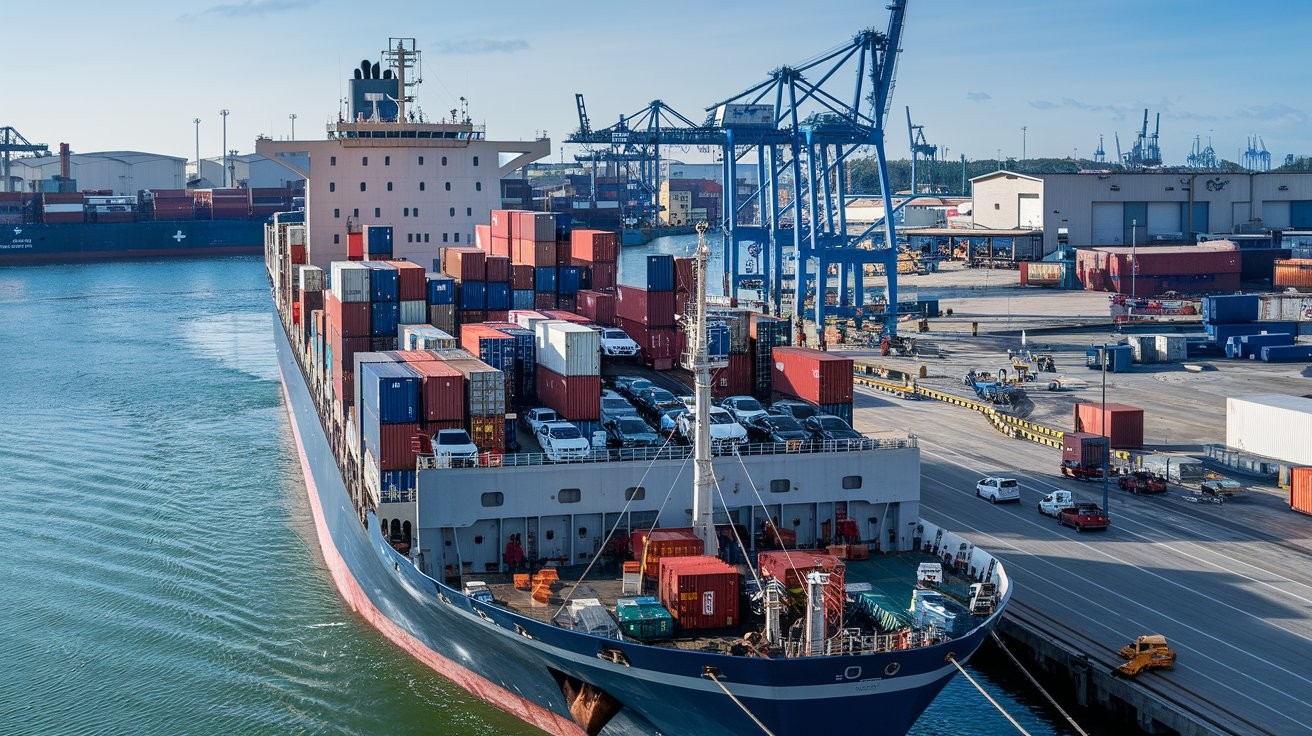

Key Benefits of End to End Supply Chains
20 Sep, 2024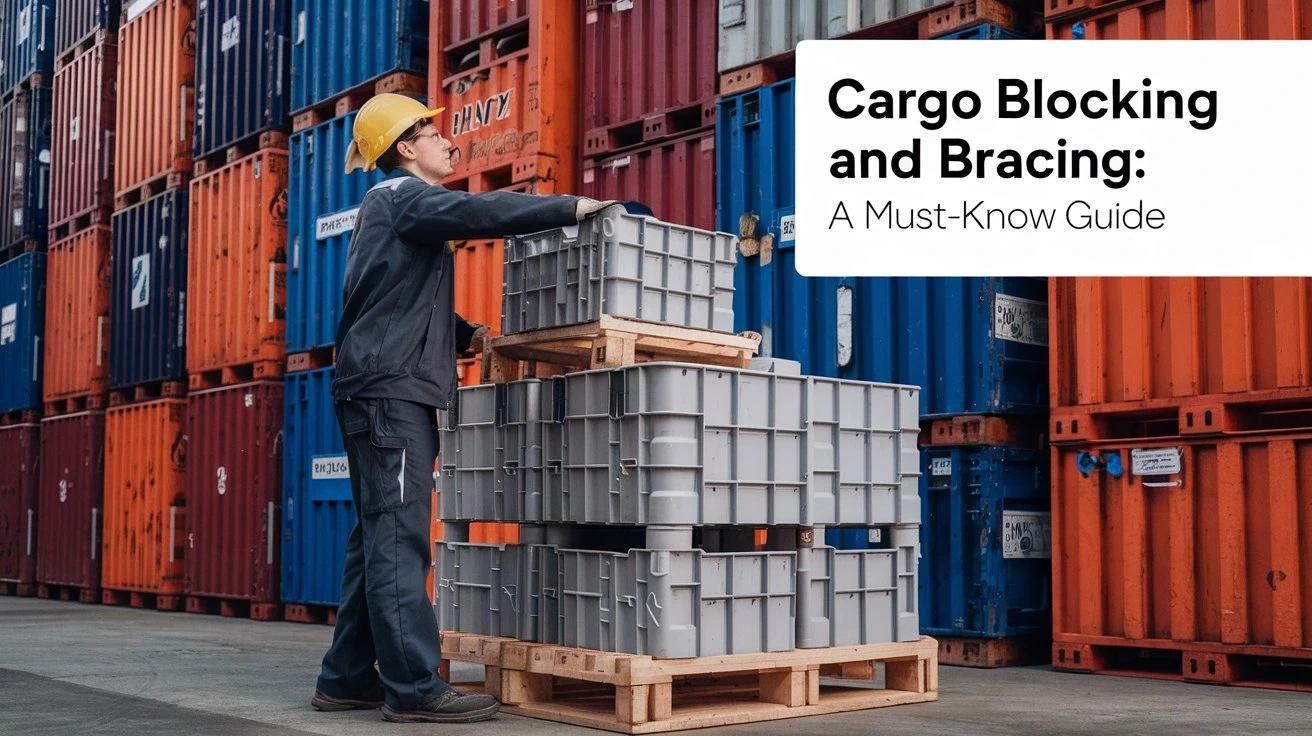
Cargo Blocking and Bracing: A Must-Know Guide
17 Sep, 2024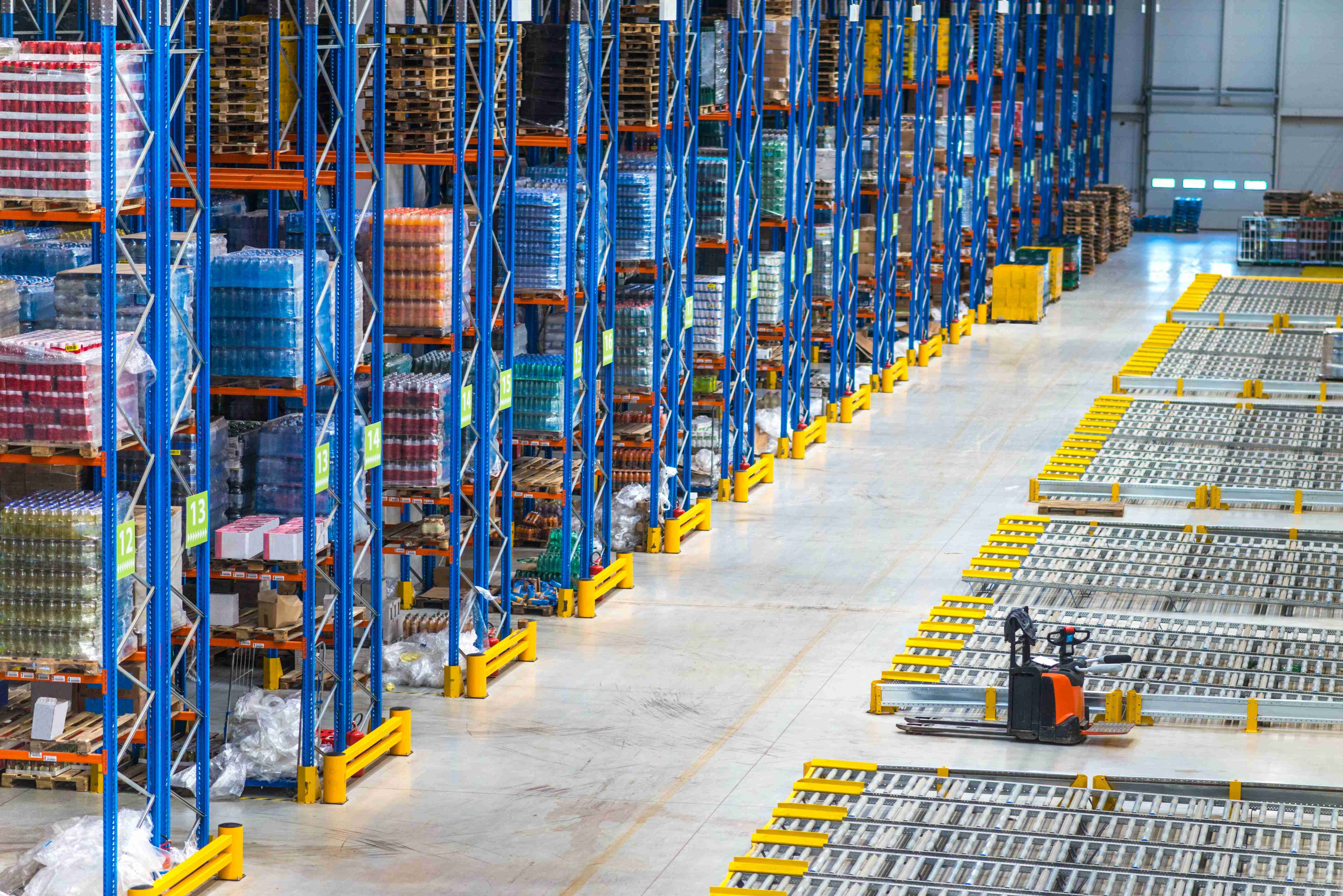
Third-Party Logistics (3PL): A Complete Guide
31 Jan, 2024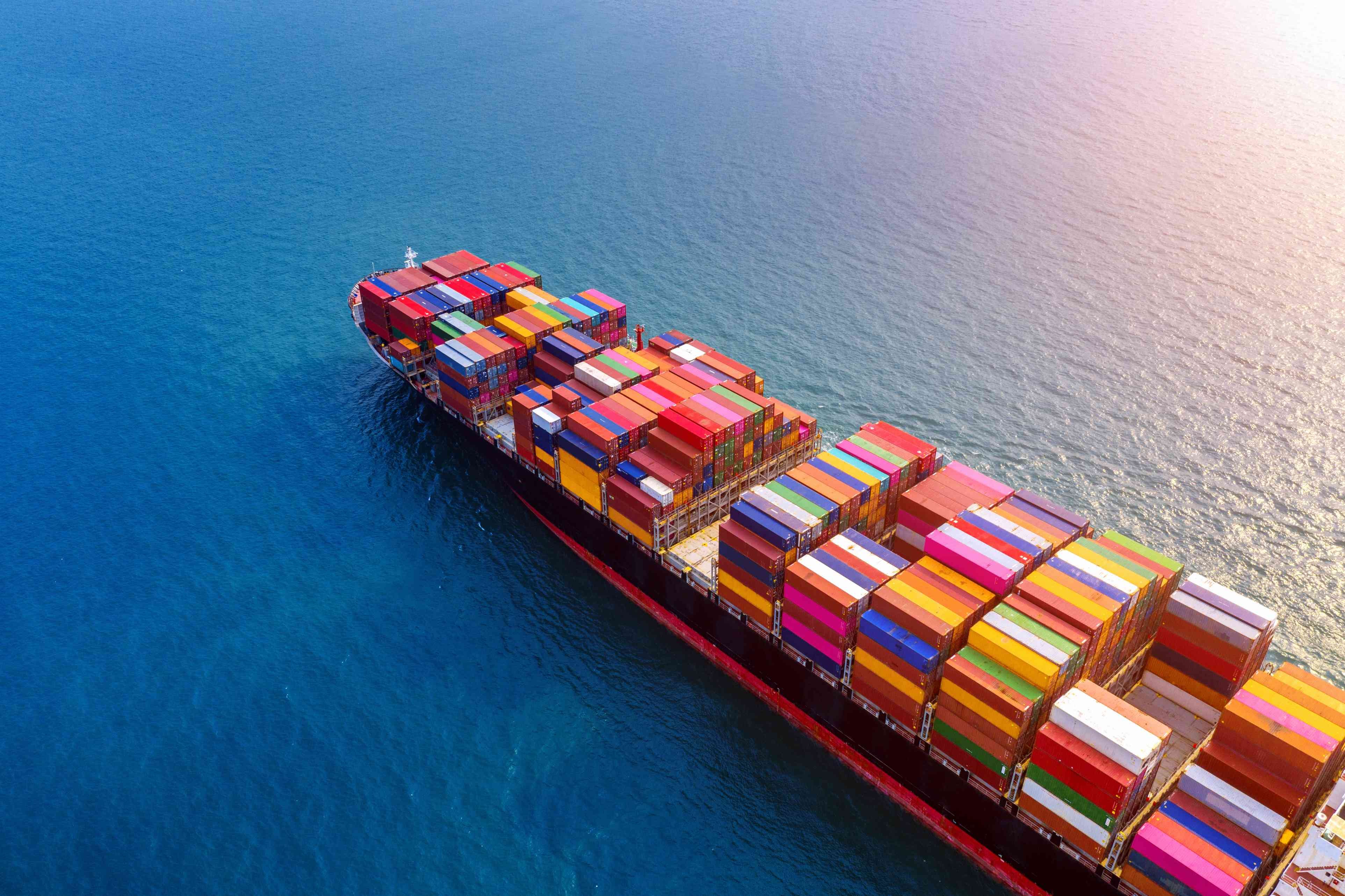
How do I book a container by sea freight
27 Nov, 2023
Top Reasons You Need A Cargo Insurance
30 Aug, 2023
Benefits of Customs Bonded Warehousing
24 Jul, 2023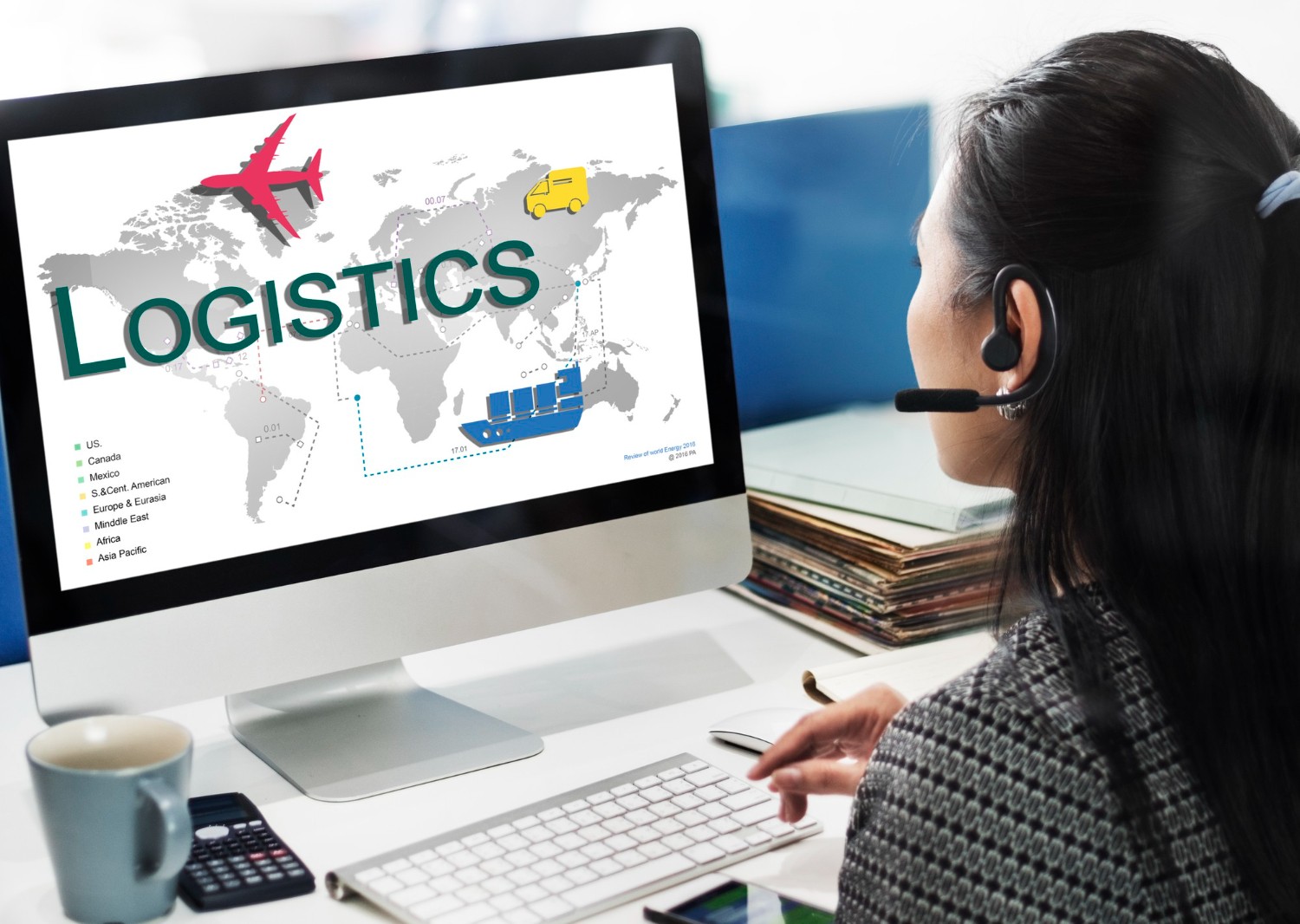
Benefits of Logistics Outsourcing
30 Jun, 2023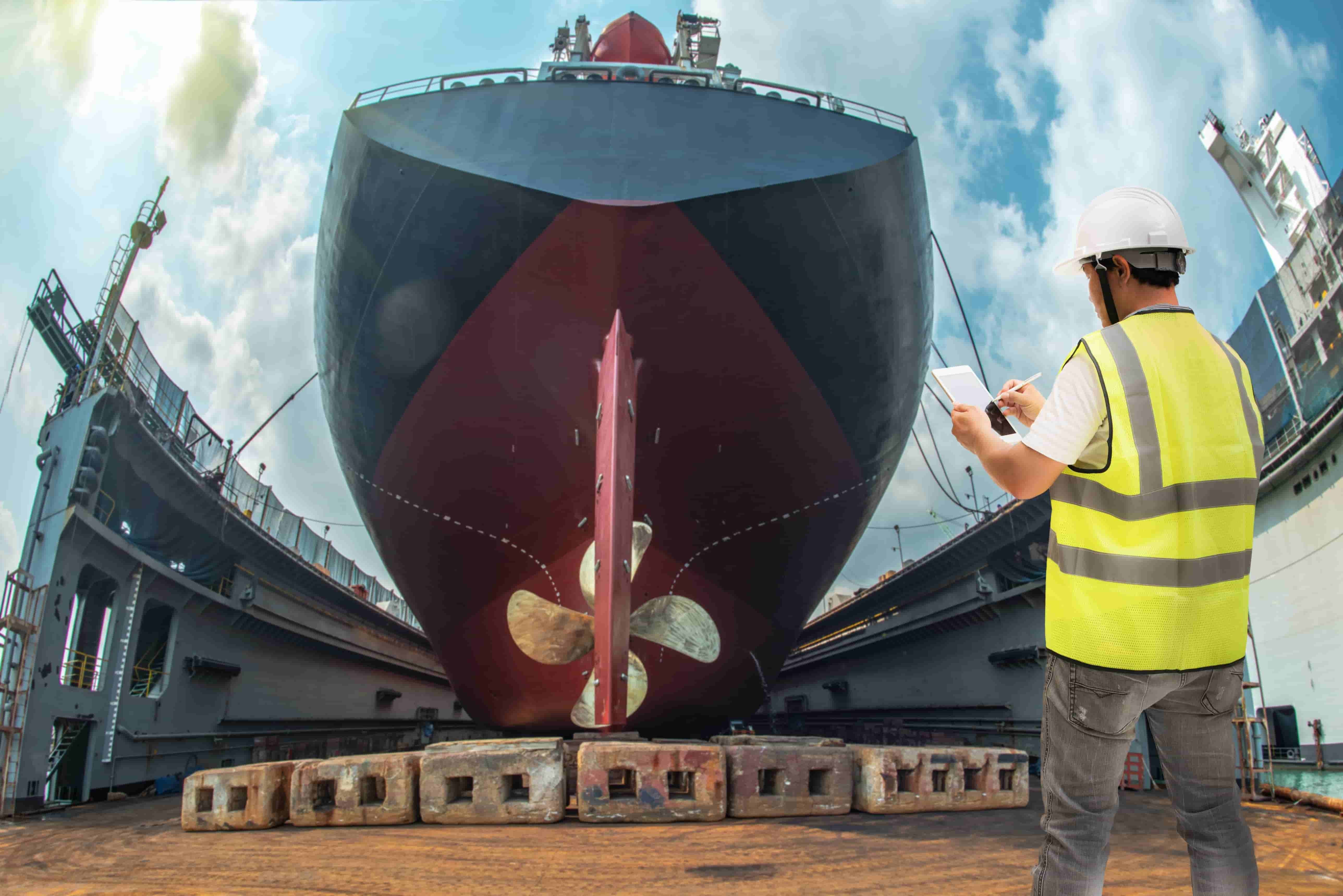
What is Dry Docking & Why Do Ships Do It?
30 May, 2023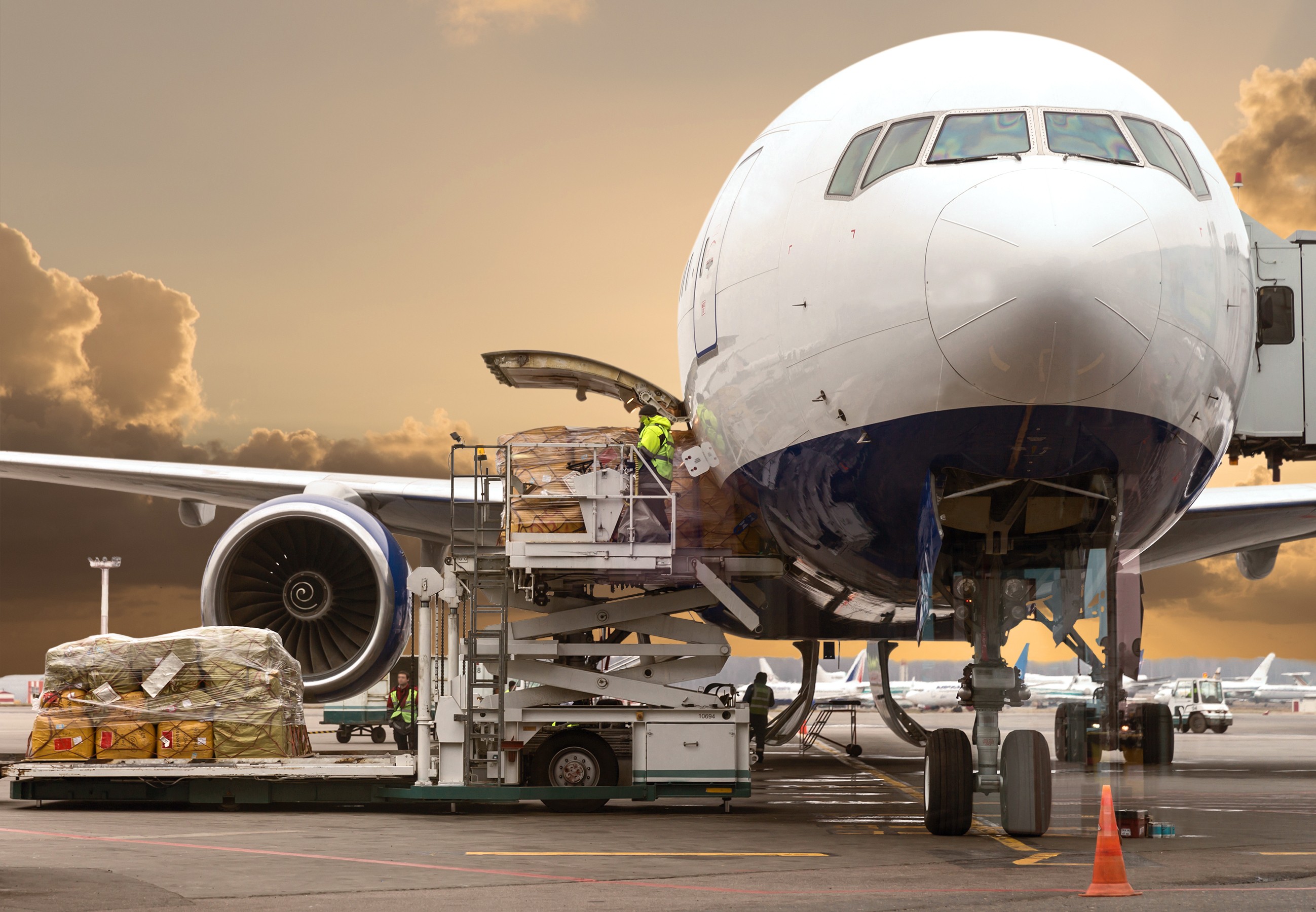
All You Need to Know About Air Freight
16 May, 2023
Ways Carriers Benefit from Contract Logistics
25 Apr, 2023
Pros and Cons of Contract Warehousing
27 Mar, 2023641c5faf72d6a.jpg)
Advantages of Freight Consolidation
23 Mar, 2023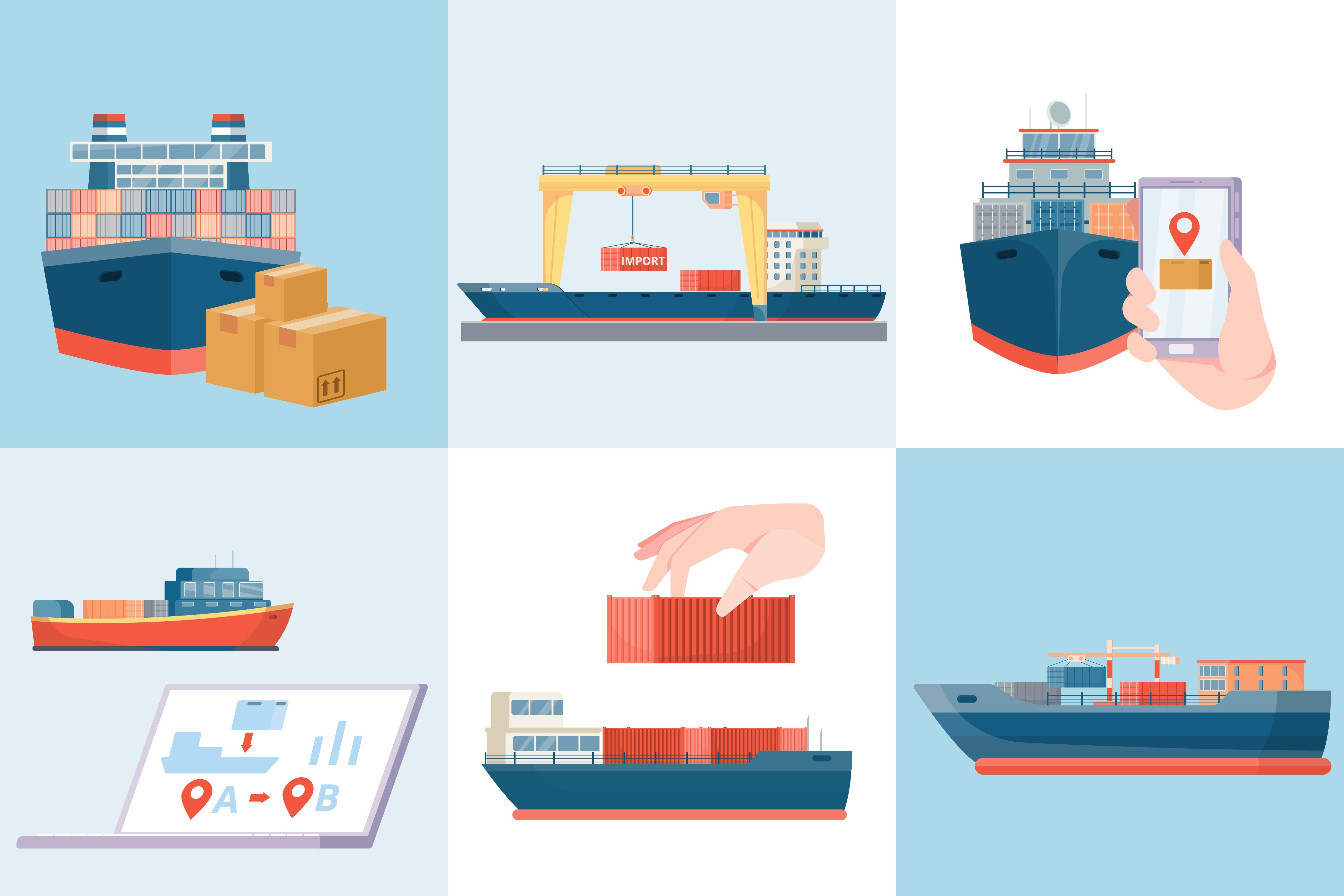
How to Find A Good Freight Forwarder?
24 Jan, 2023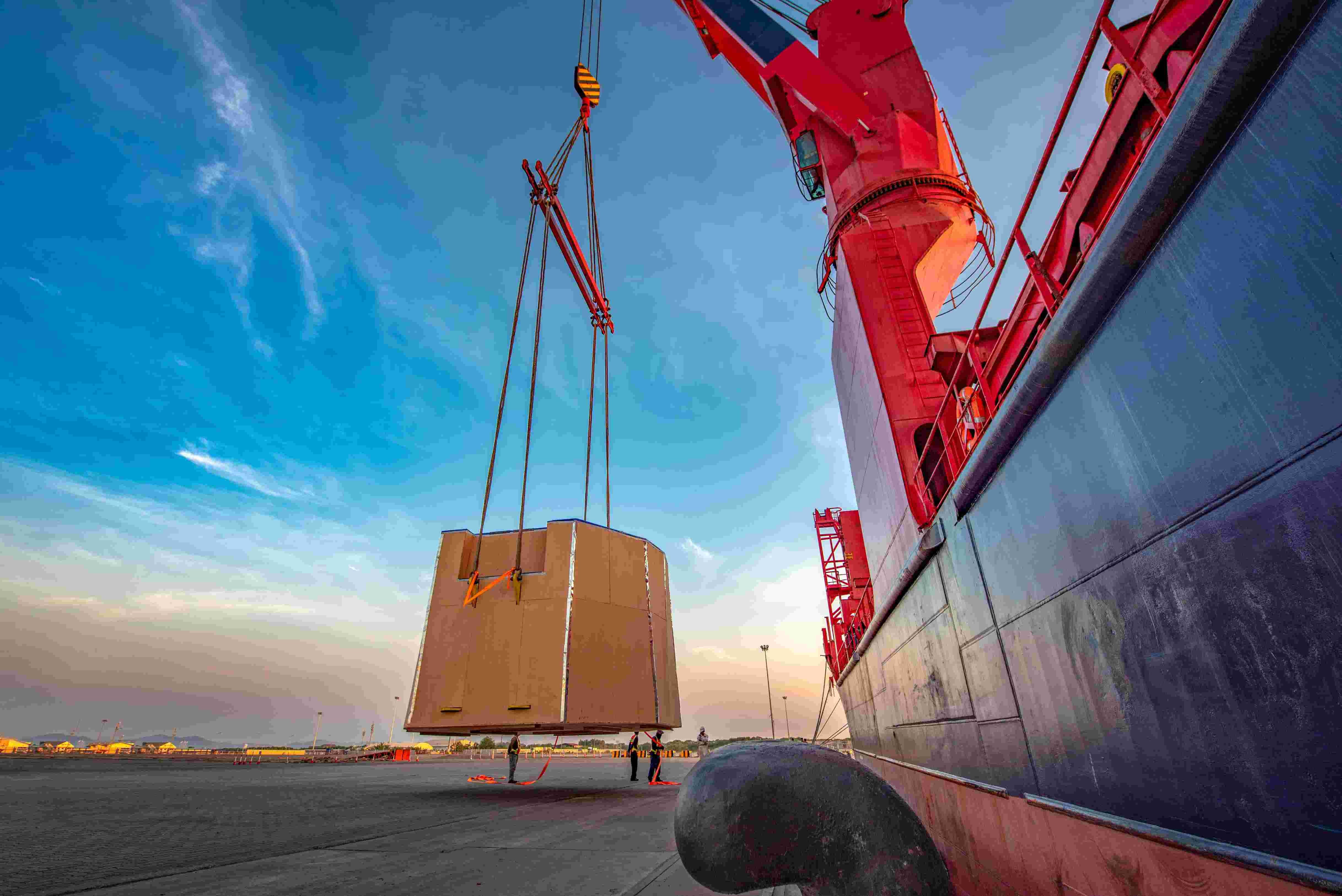
What is Project Cargo and How is it Transported?
07 Nov, 2022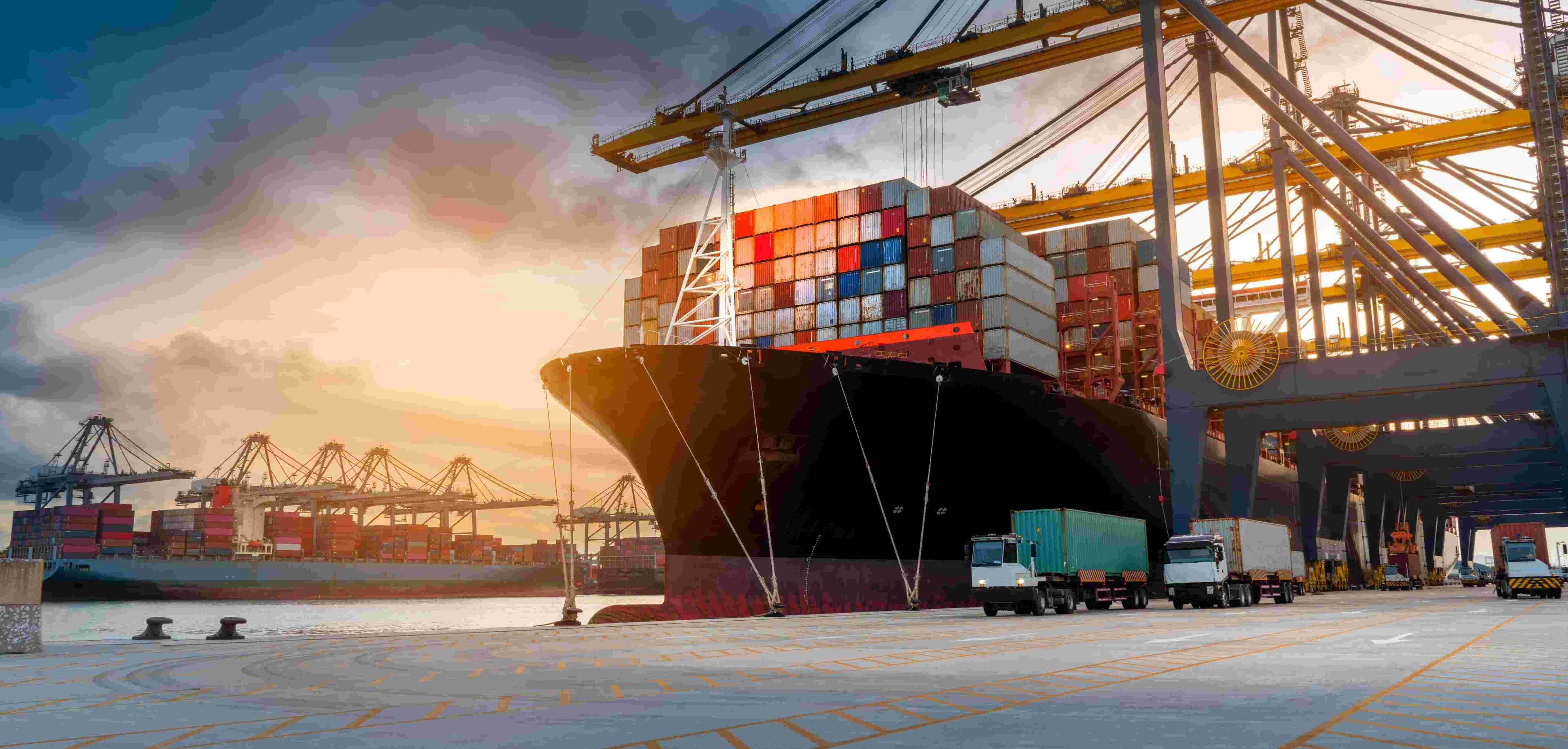
How International Ocean Freight Shipping Works
25 Oct, 2022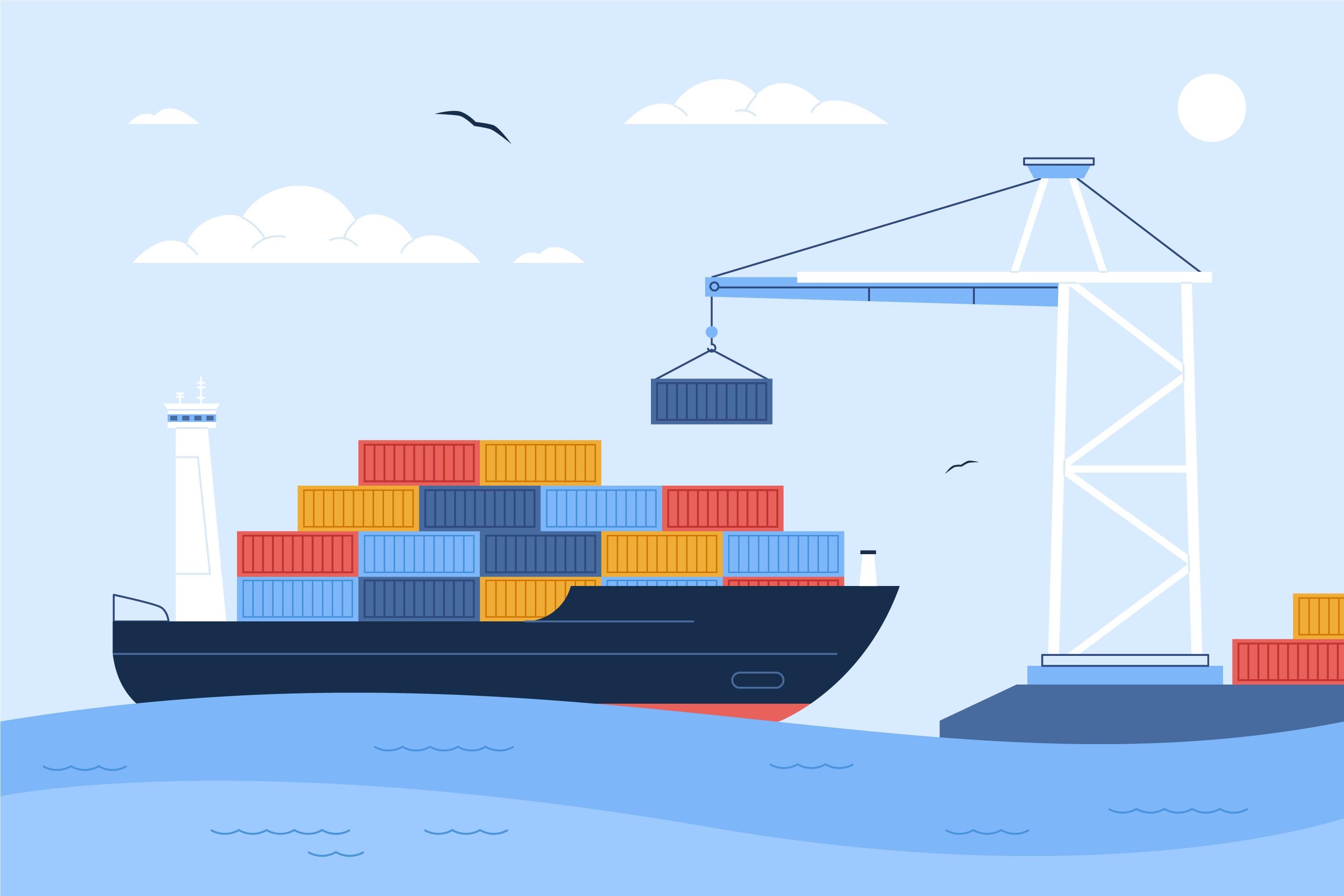
How does LCL shipping work?
26 Sep, 2022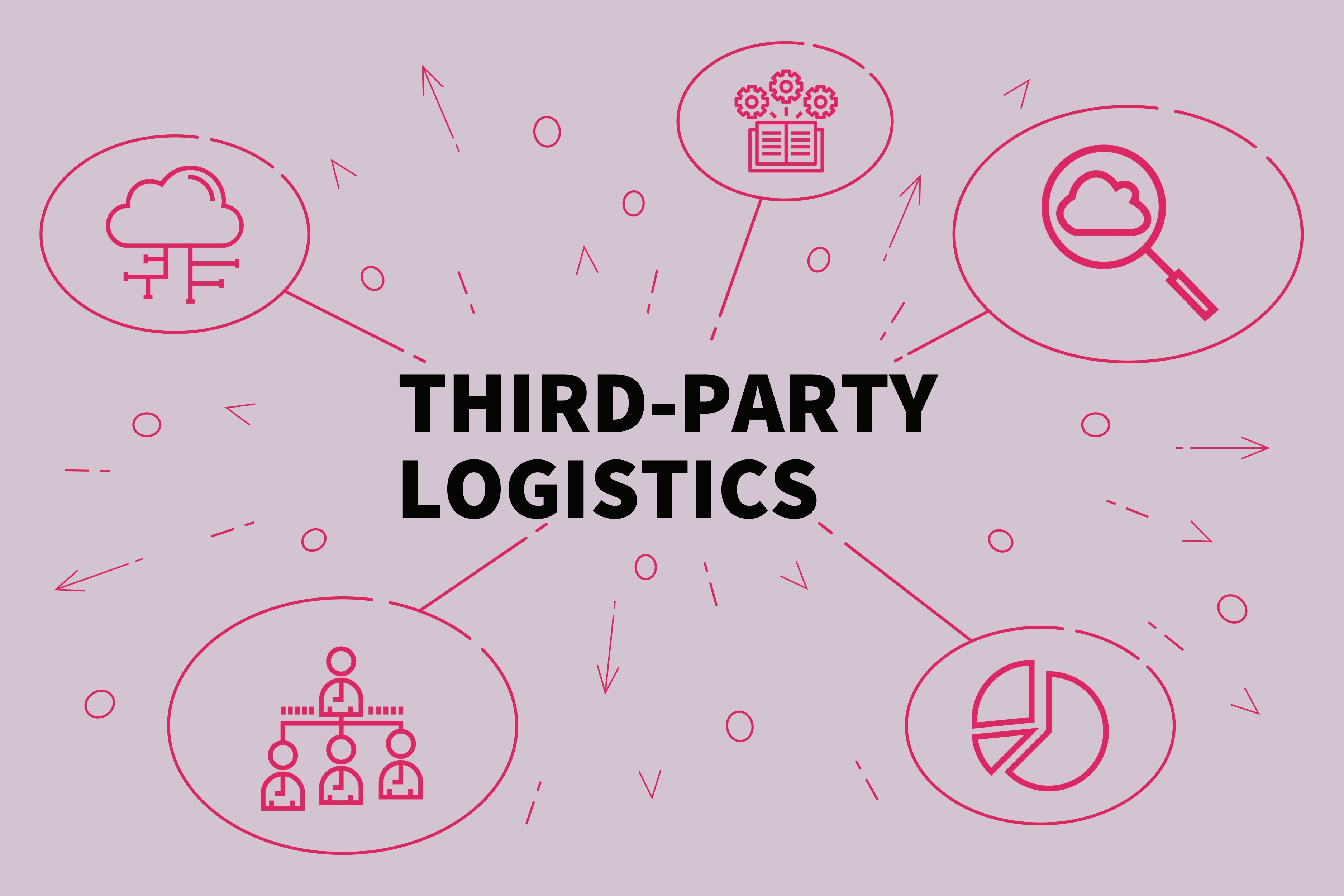
8 Ways to Optimize Your 3PL Relationship
22 Sep, 2022
Benefits Of Using An Outsourced Warehouse
22 Aug, 2022
Importance of Cargo Insurance
30 Jul, 2022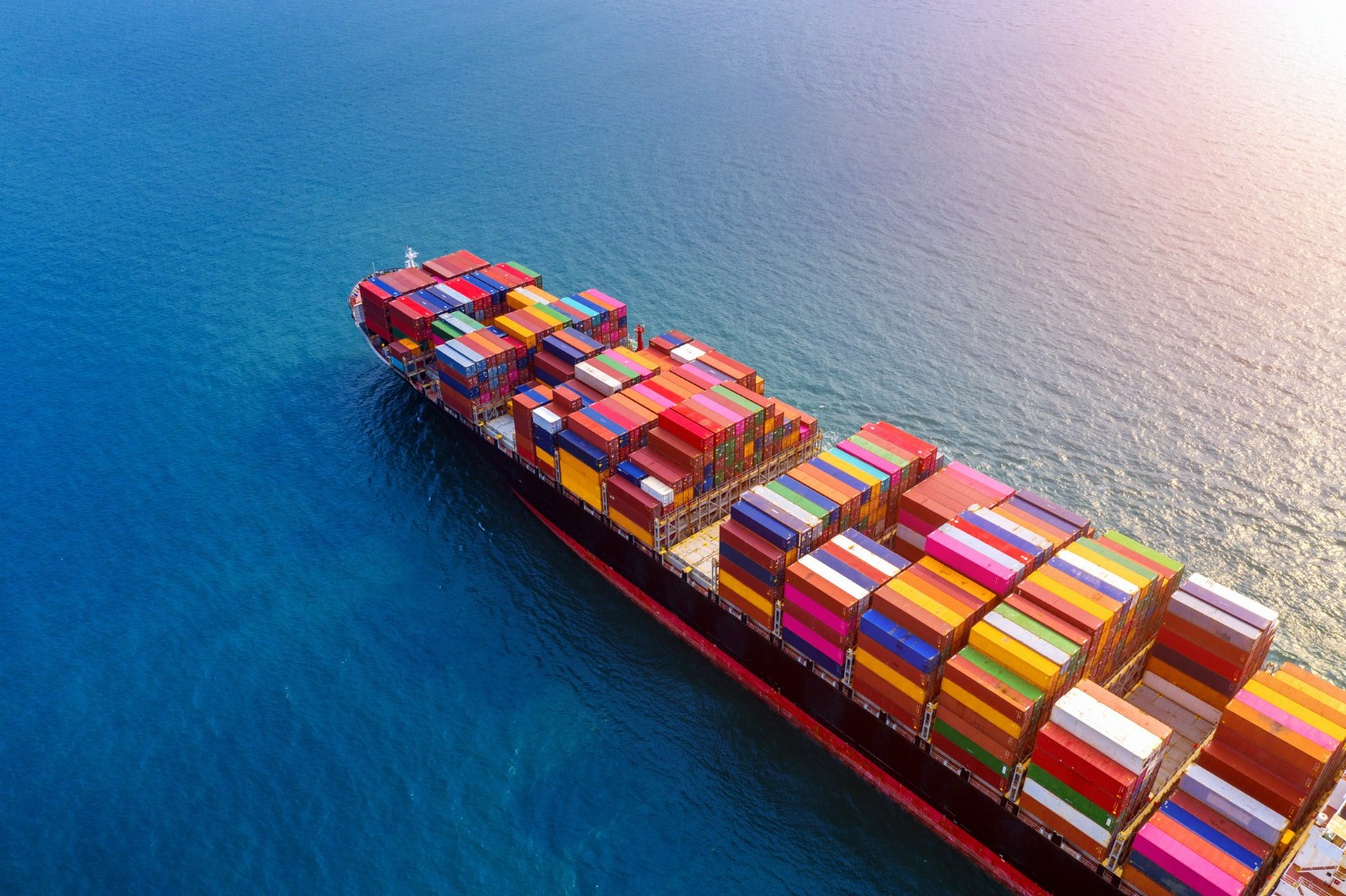
Top 10 Benefits of Ocean Freight Shipping
22 Jun, 2022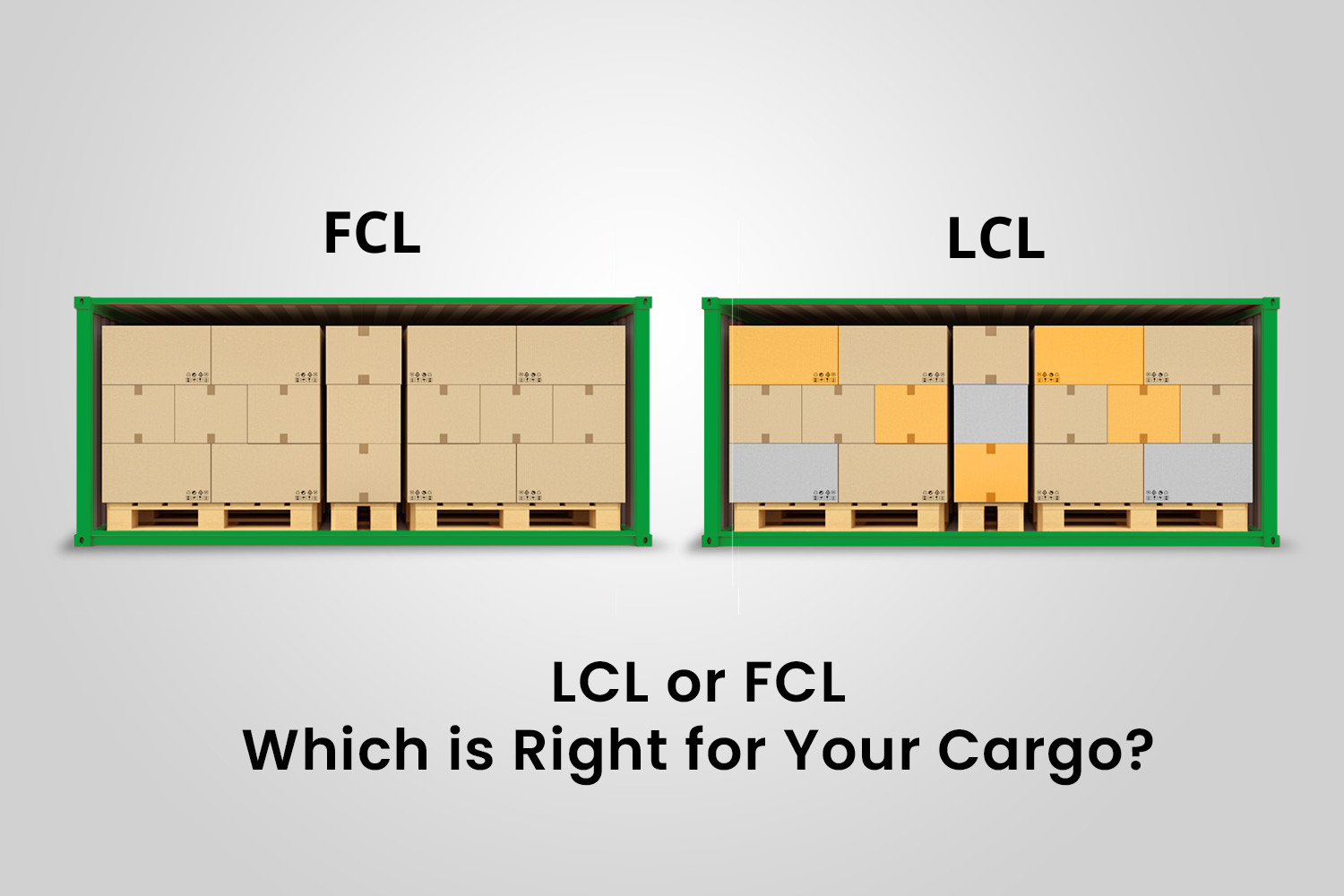
LCL or FCL - Which is Right for Your Cargo?
26 May, 2022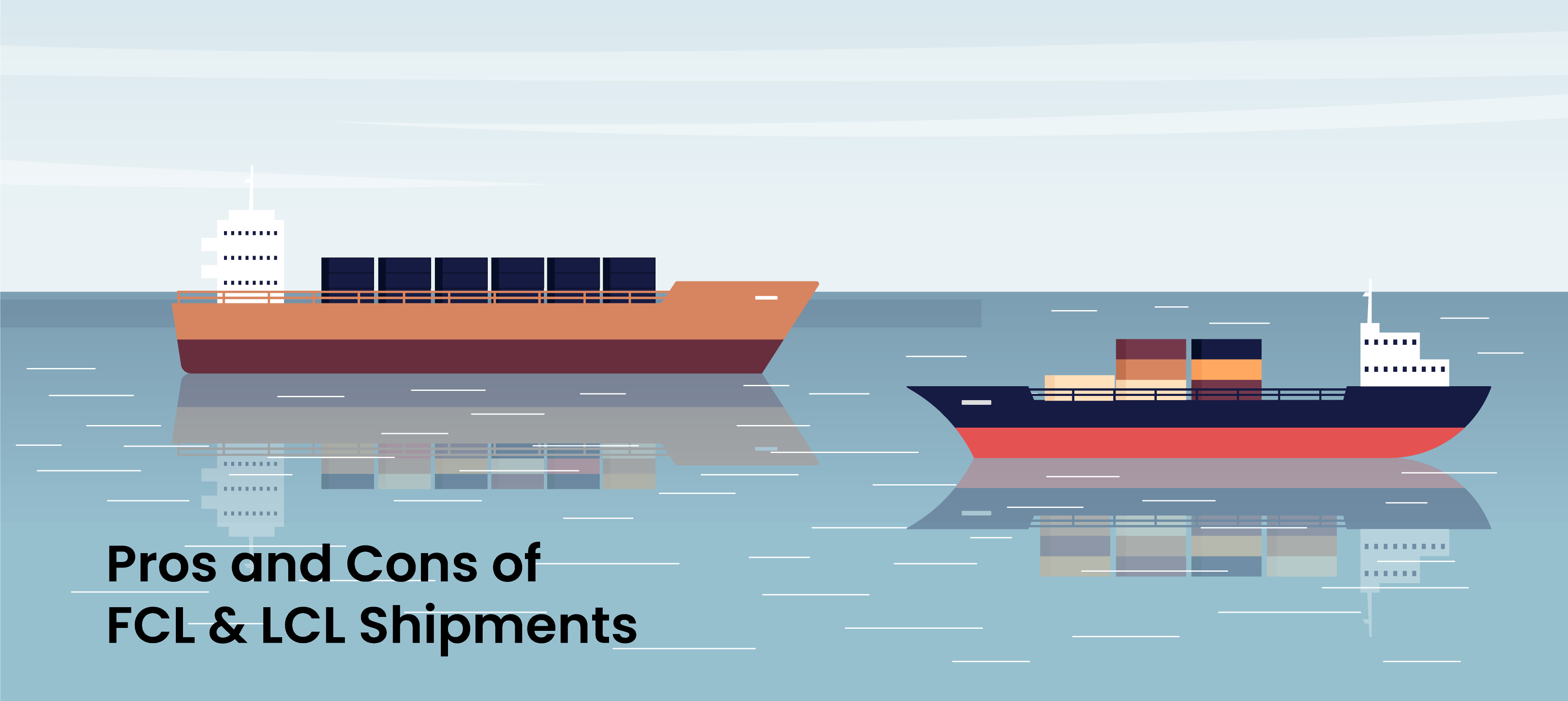
Pros and Cons of FCL & LCL Shipments
21 May, 2022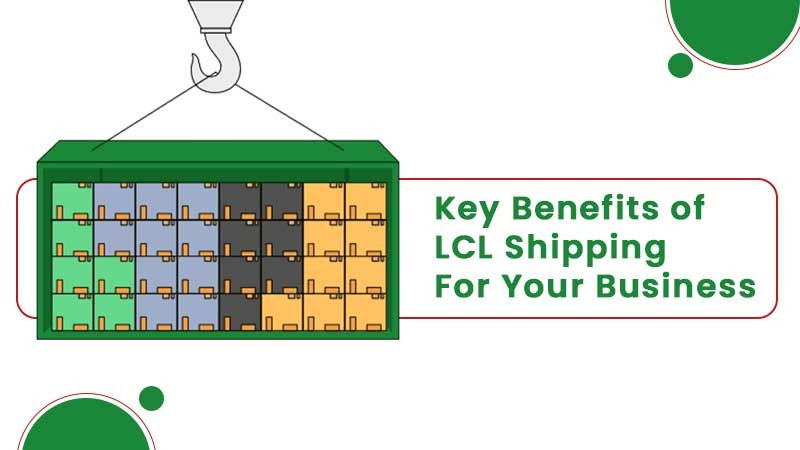
Key Benefits of LCL Shipping for Your Business
28 Jan, 2022

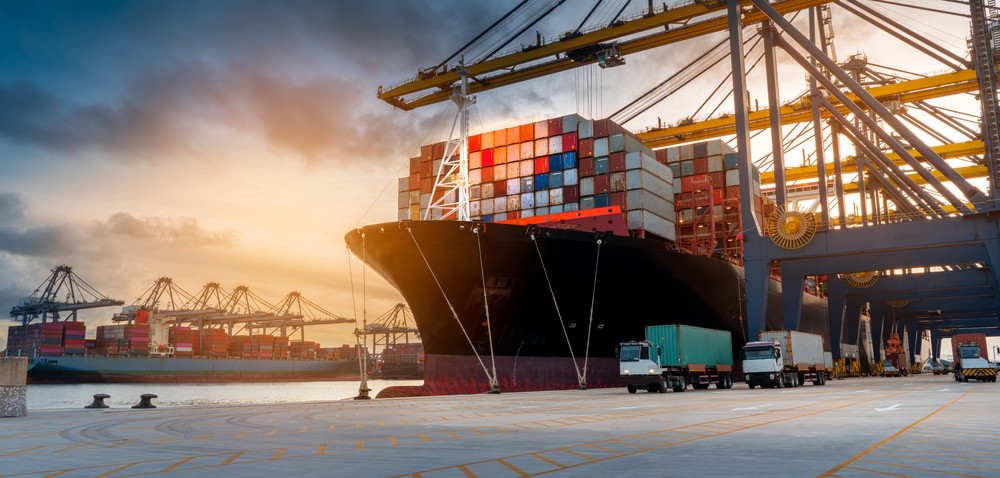
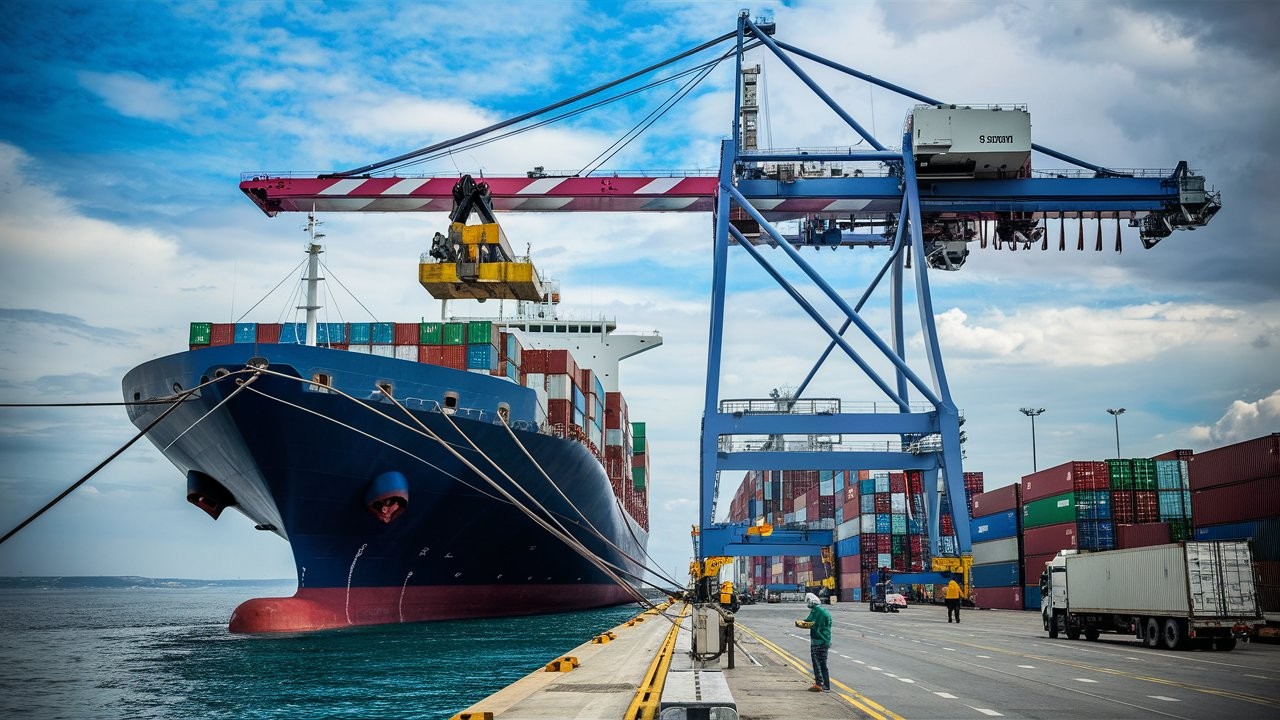
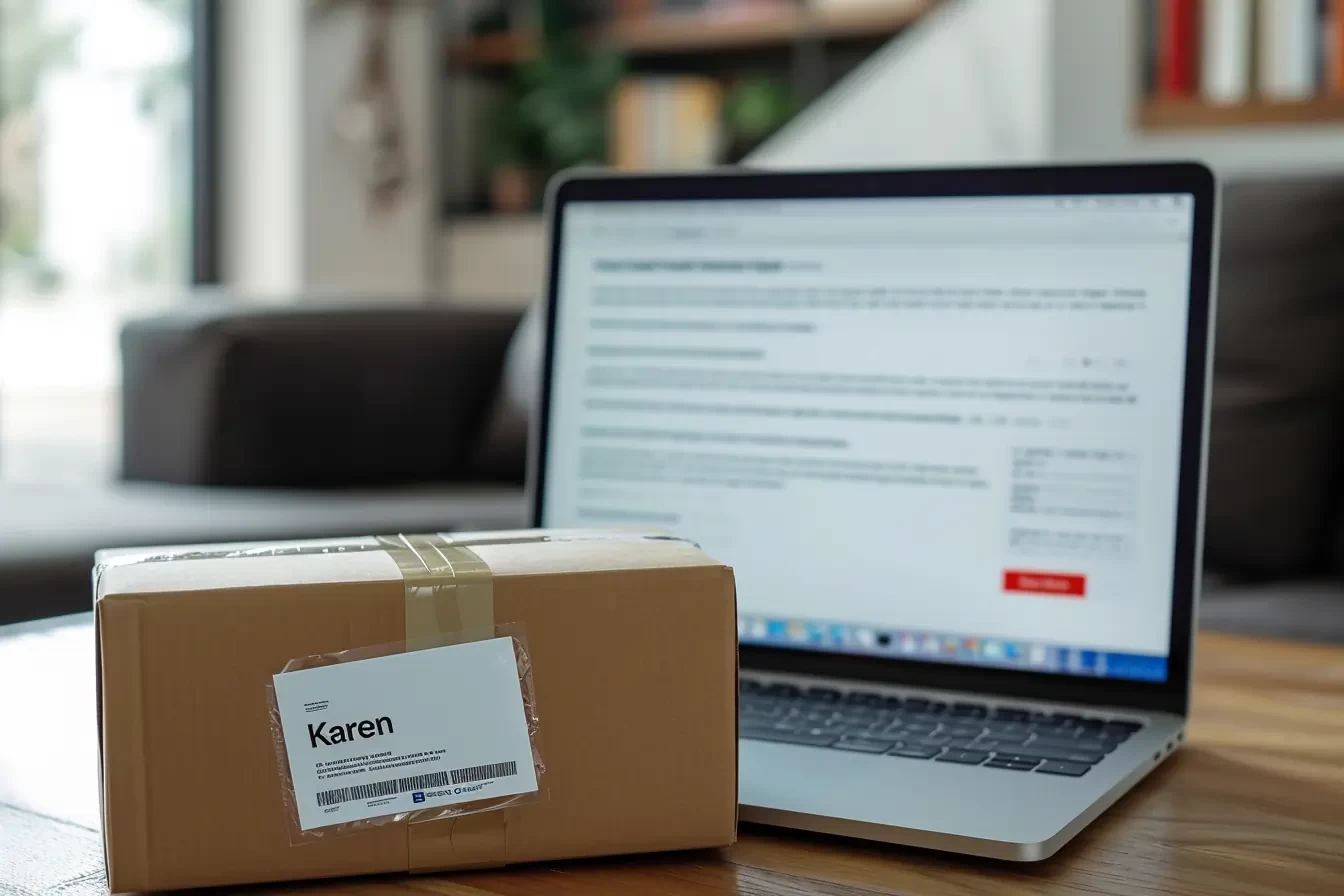
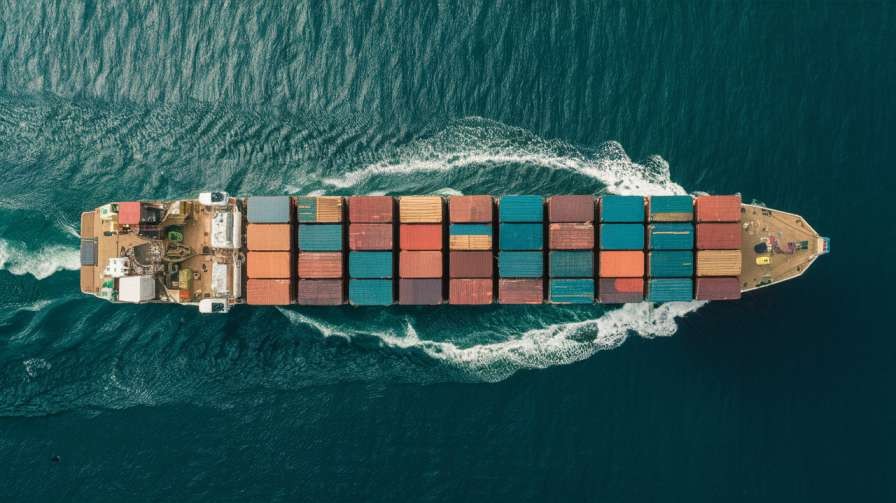
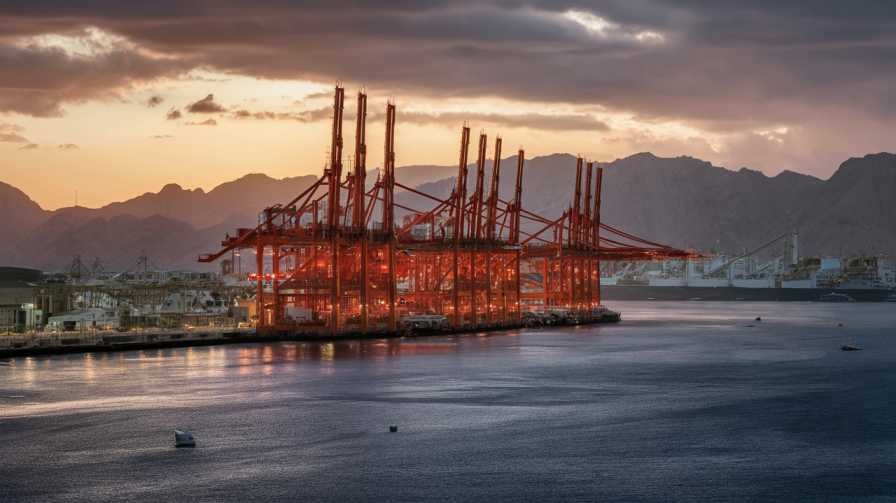
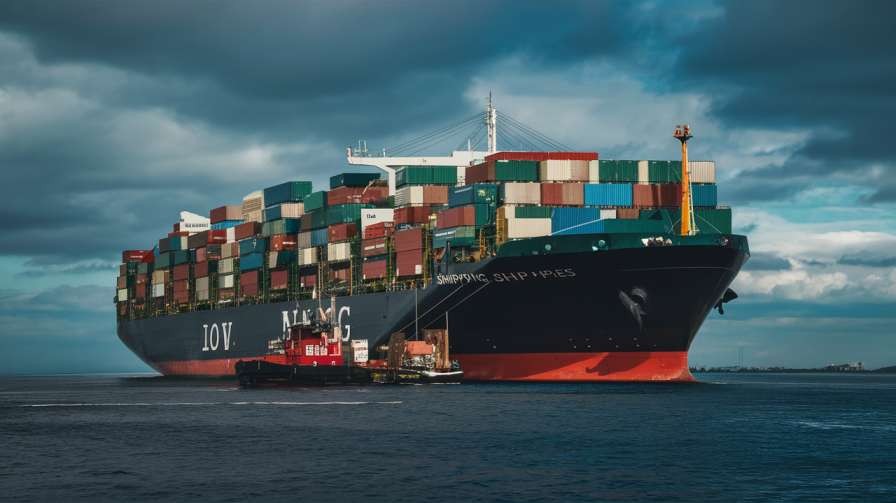



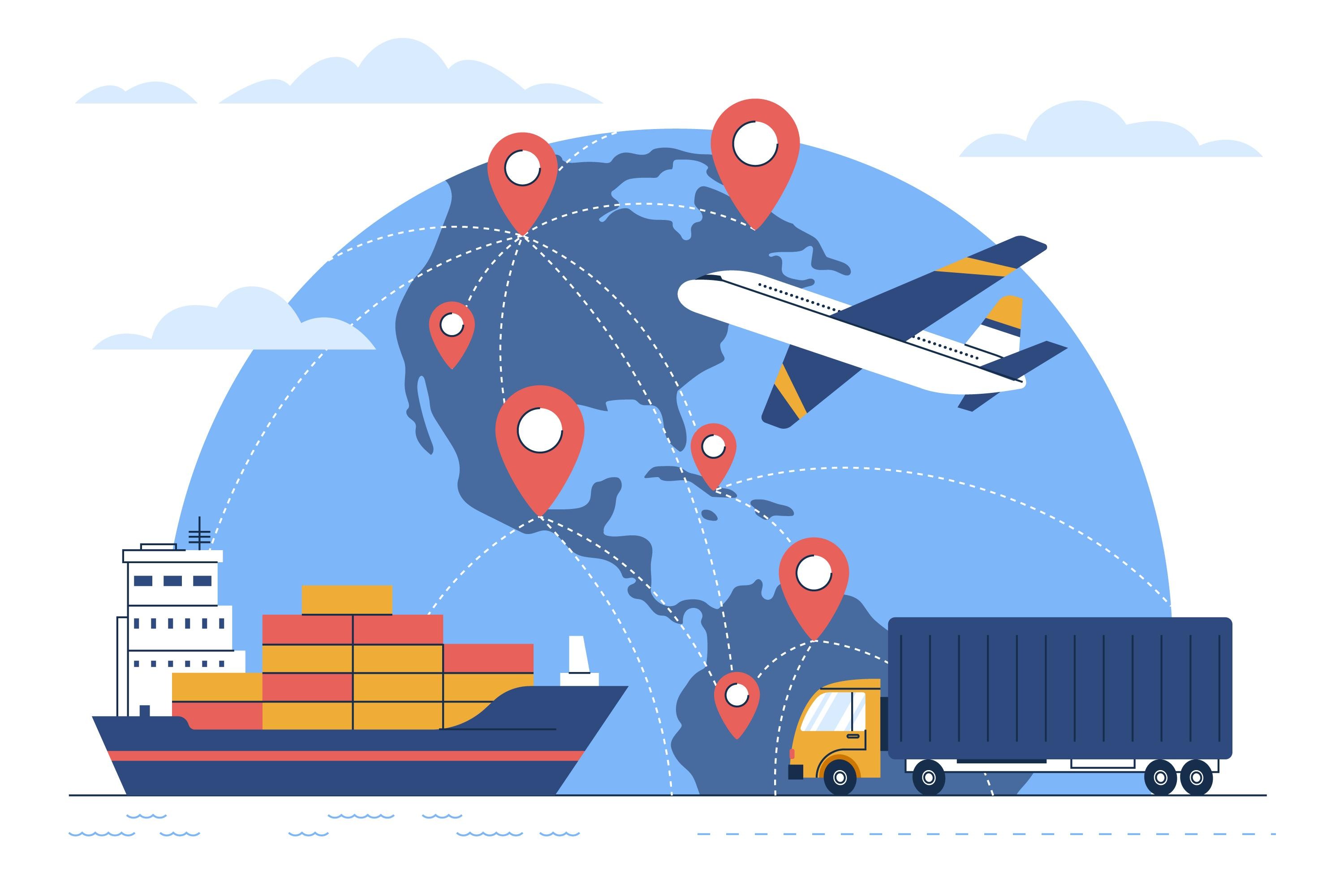


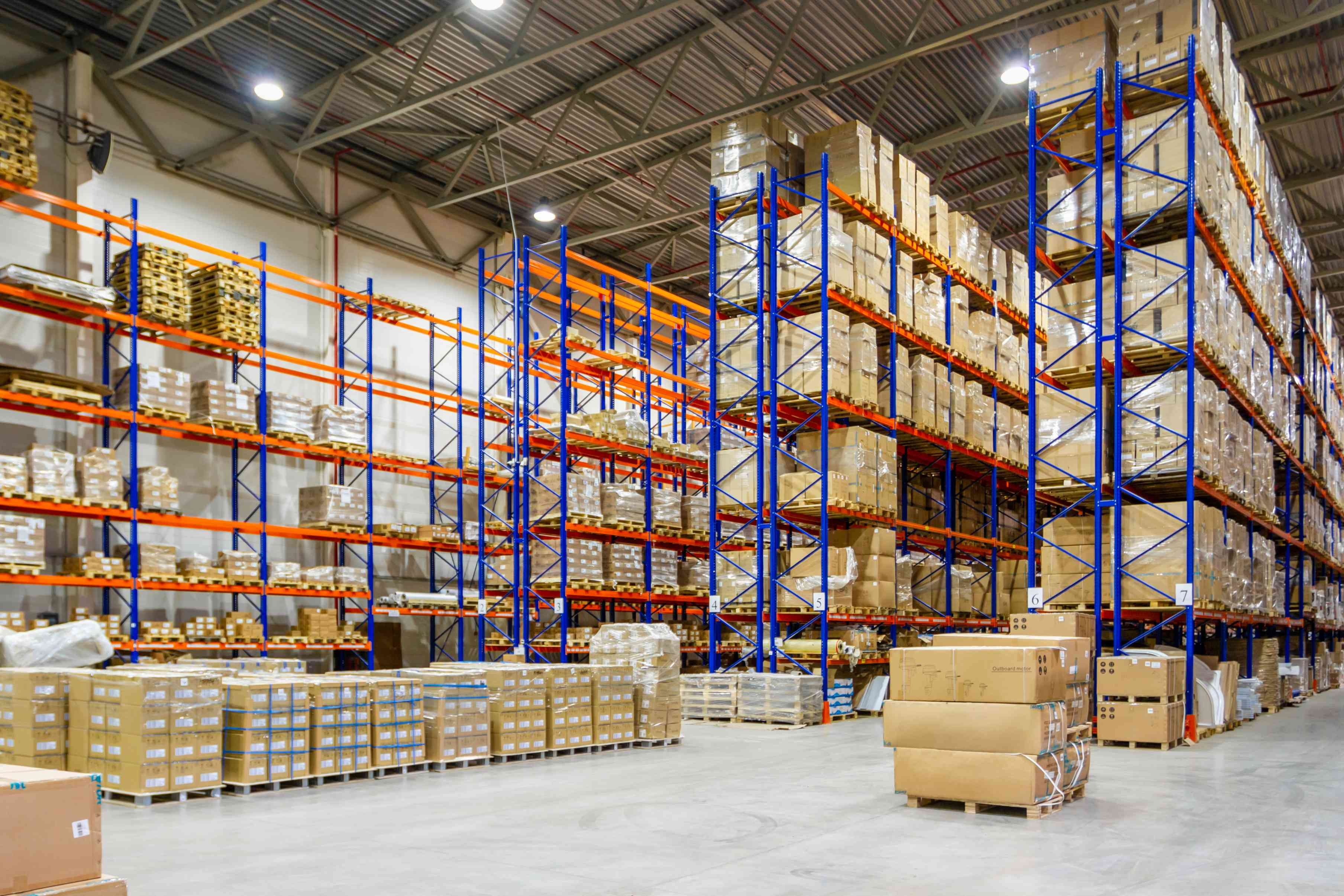
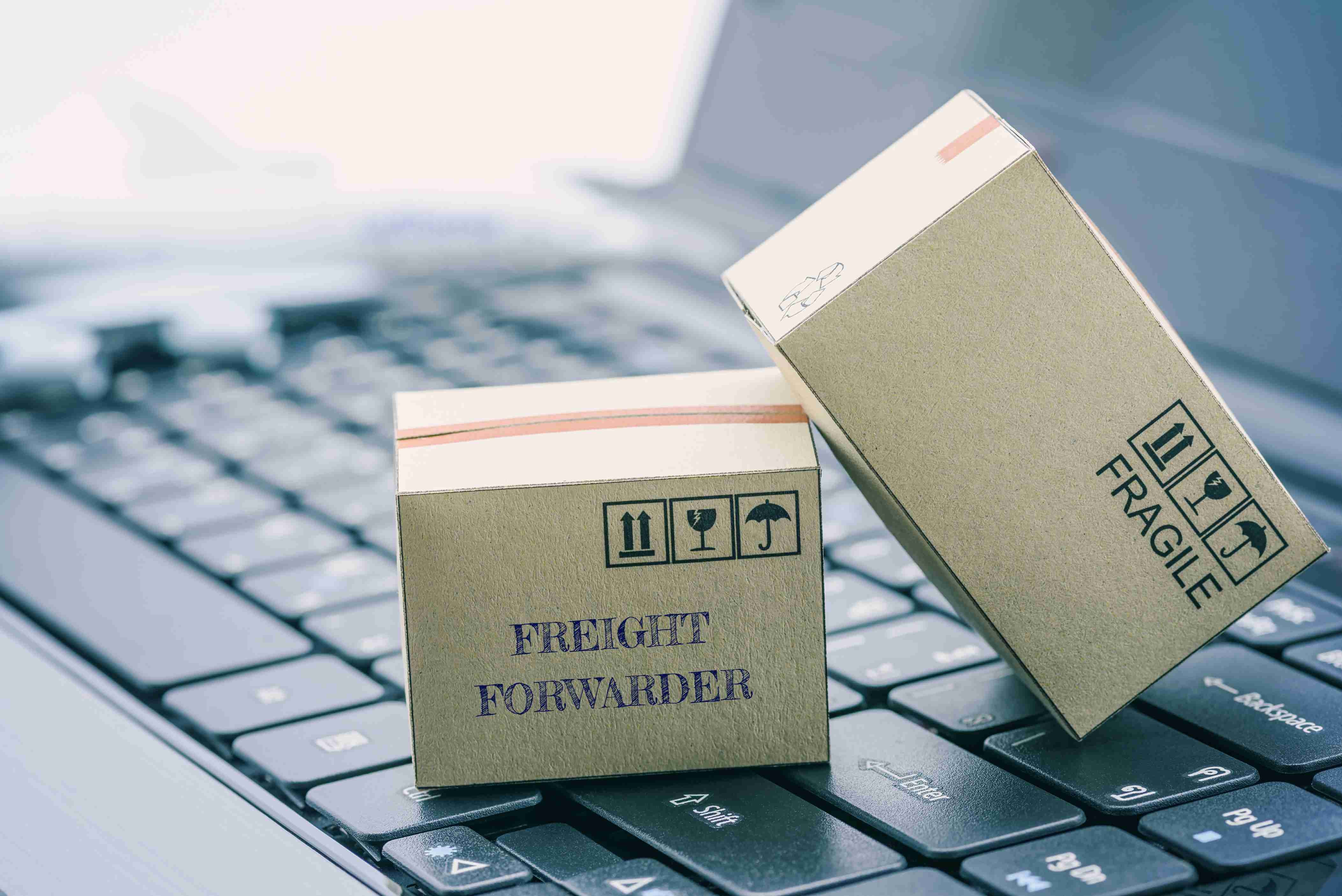
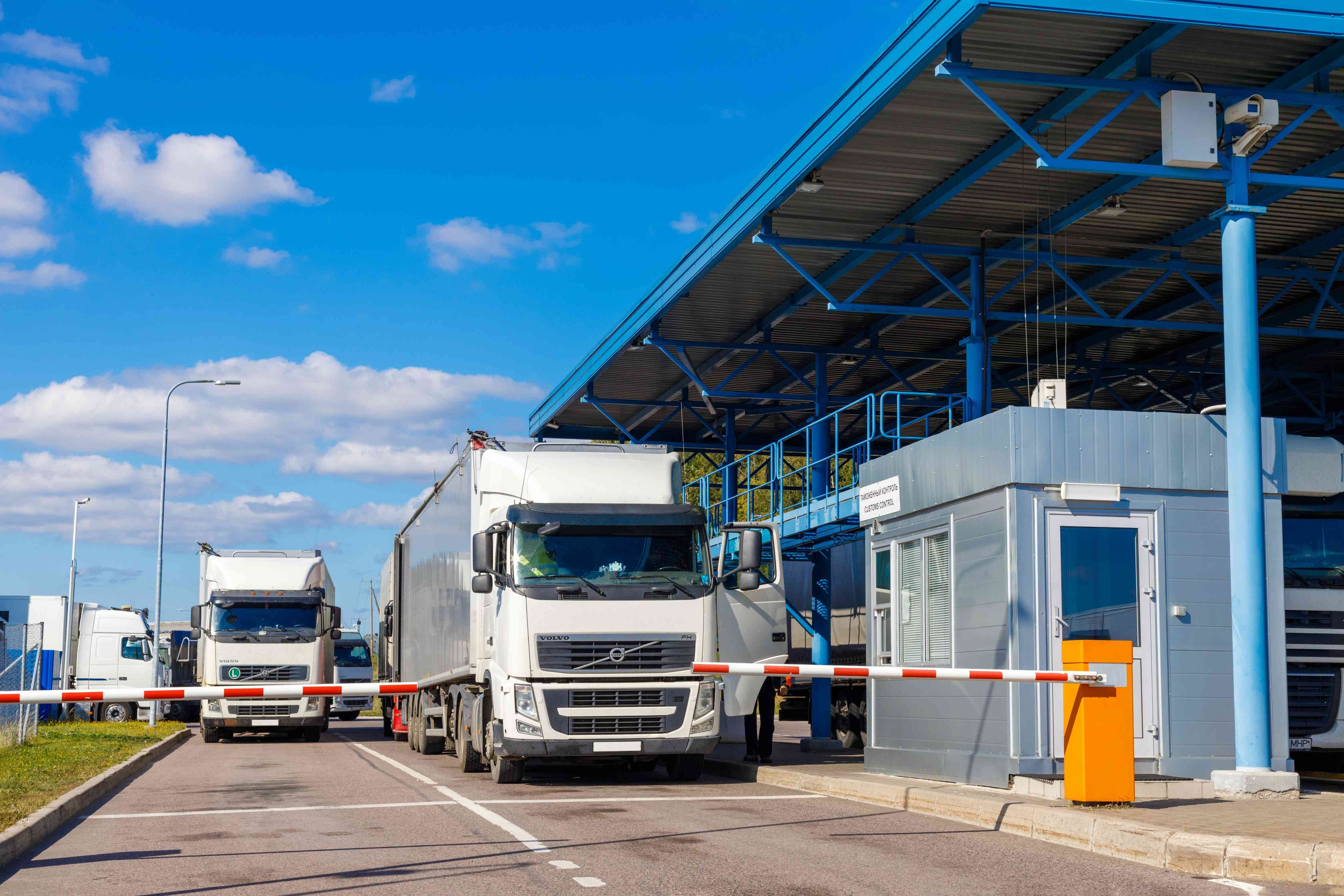
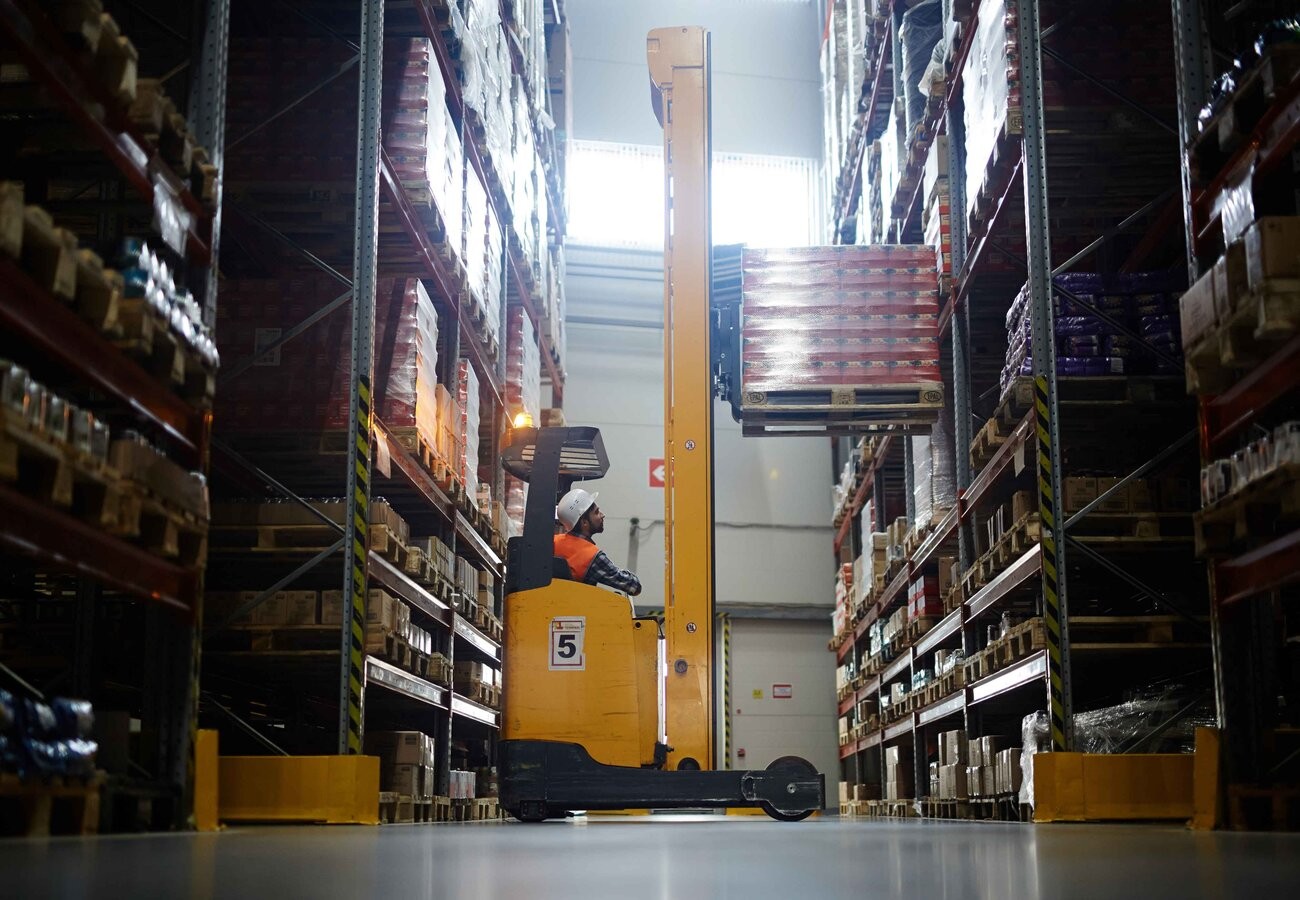
64ef6d522bd5d.jpg)
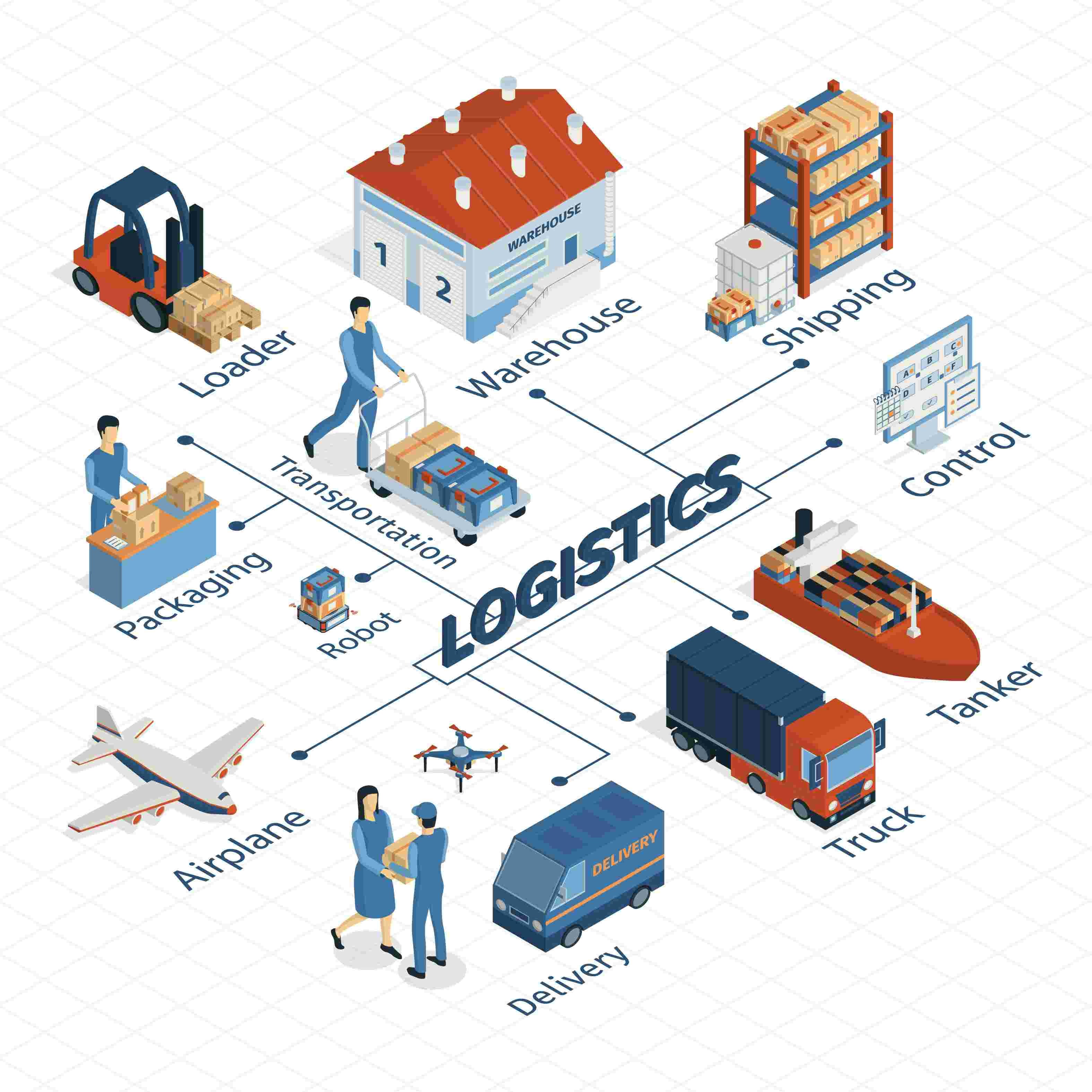
64a477953e86e.jpg)
643ff0cfeaf4e.jpg)
63fcb9023ba5f.jpg)
63d94f83c4432.jpg)
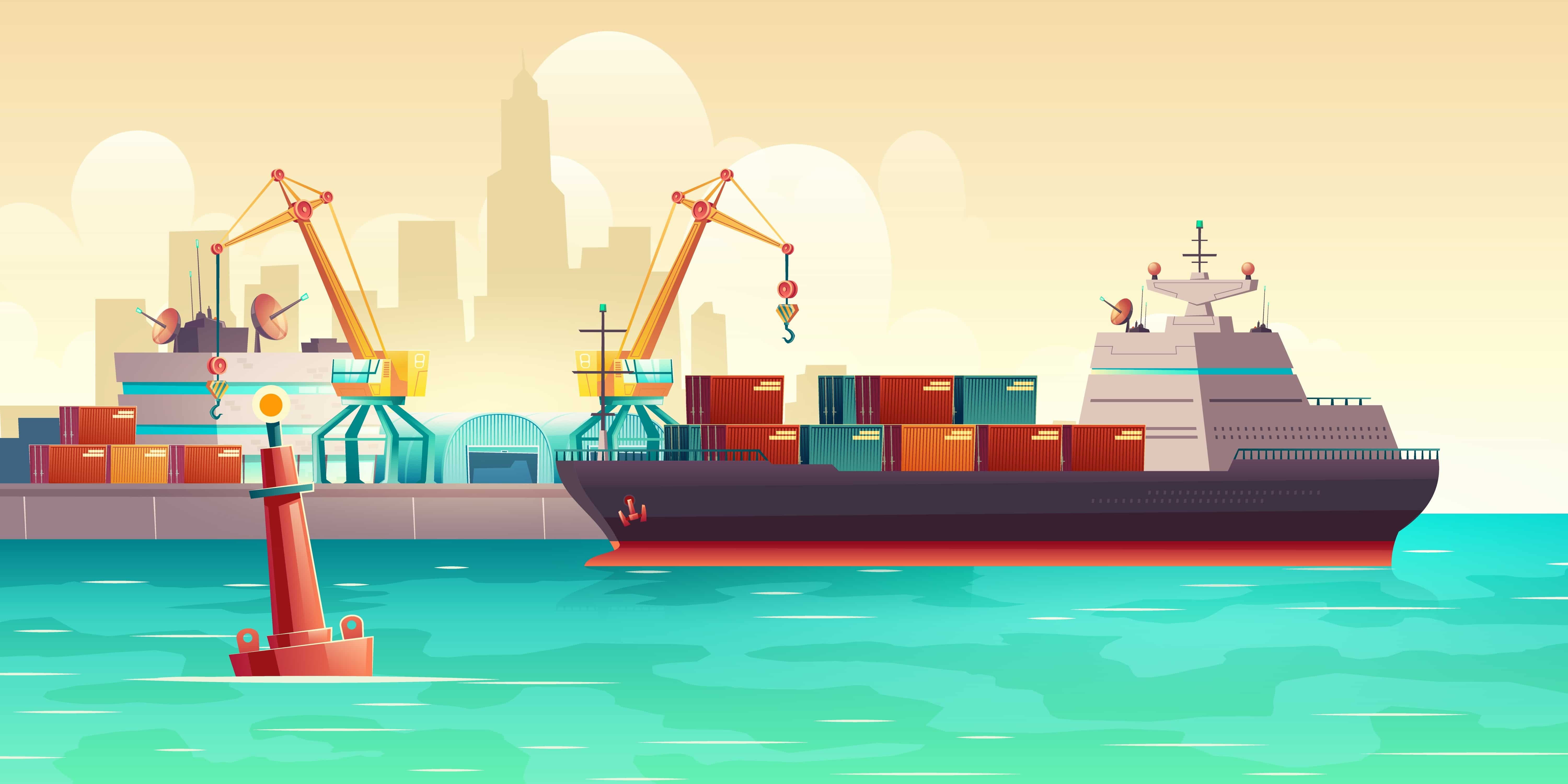

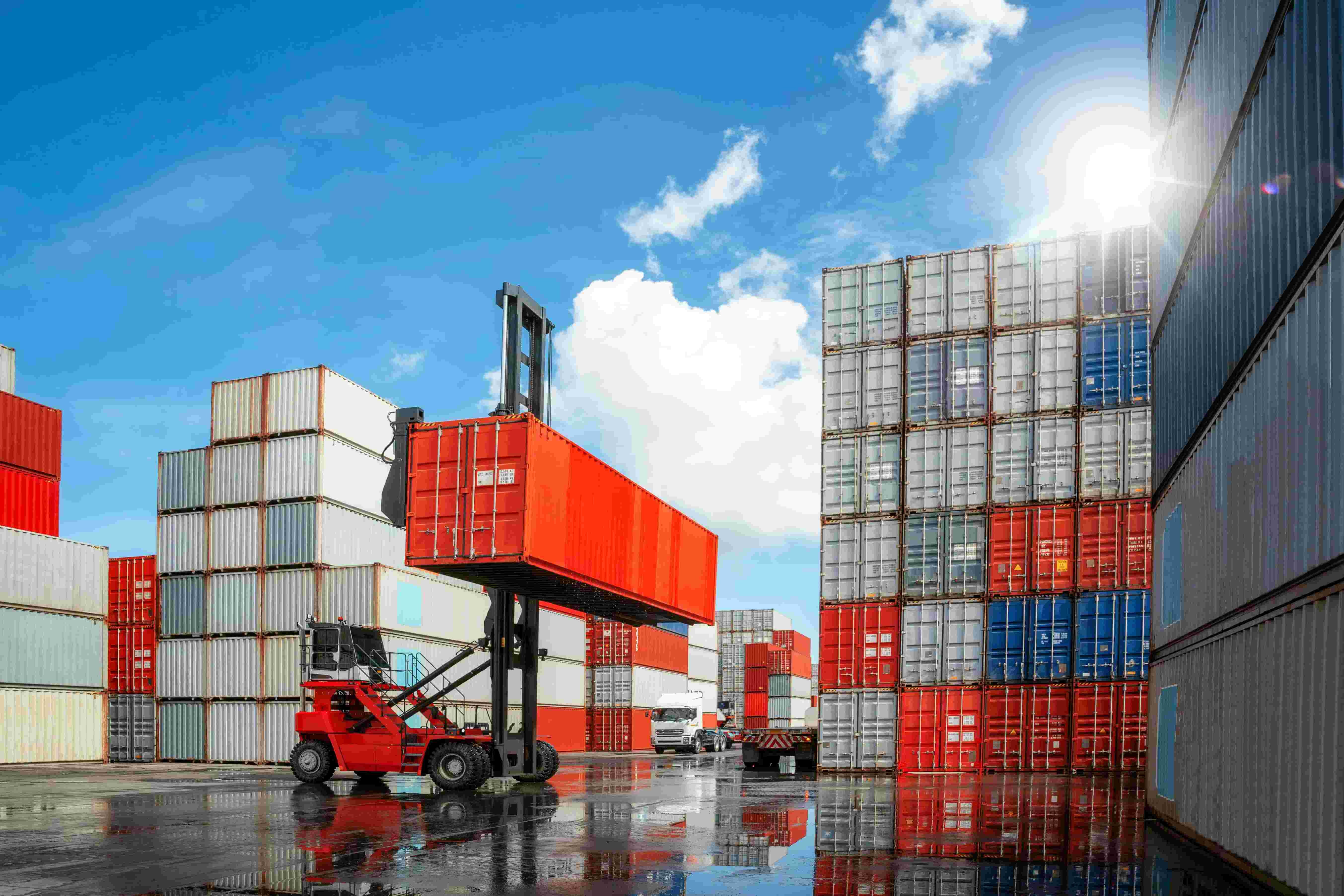
637611972635b.jpg)

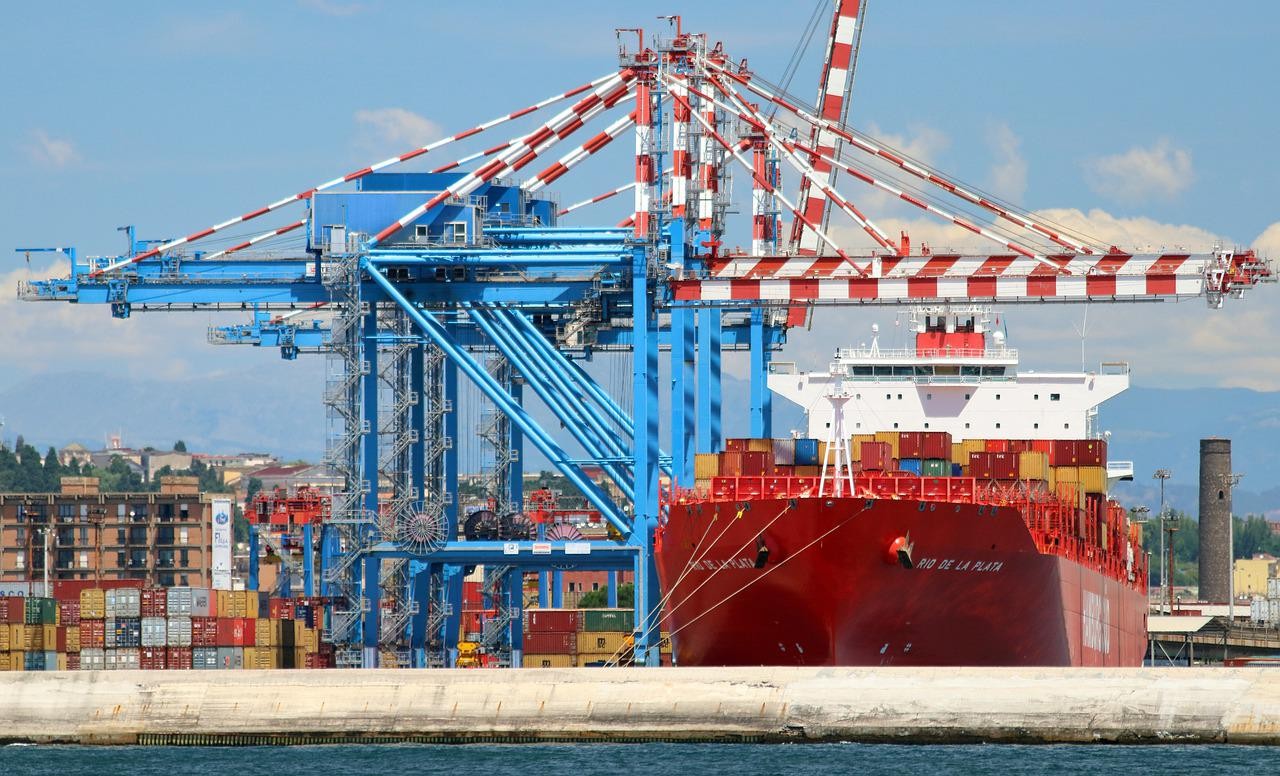


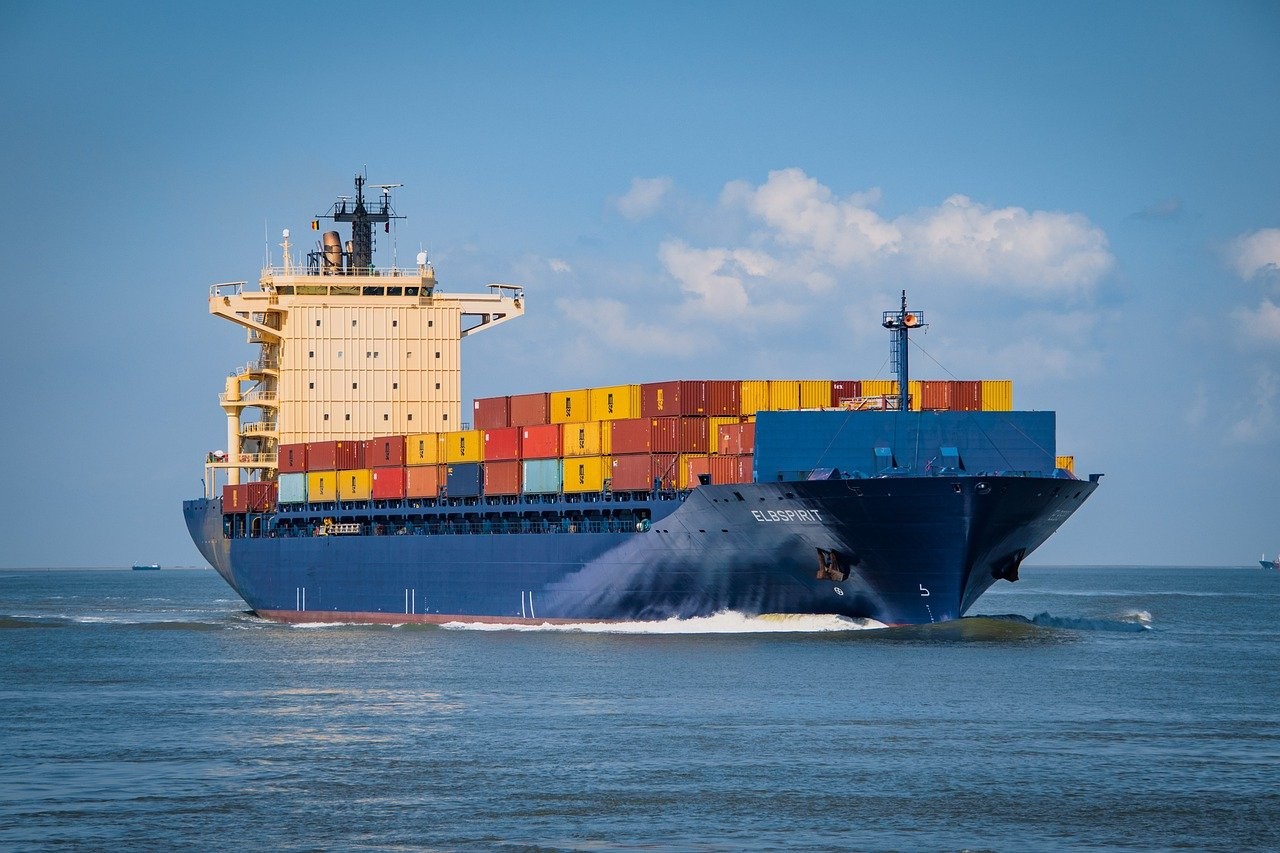
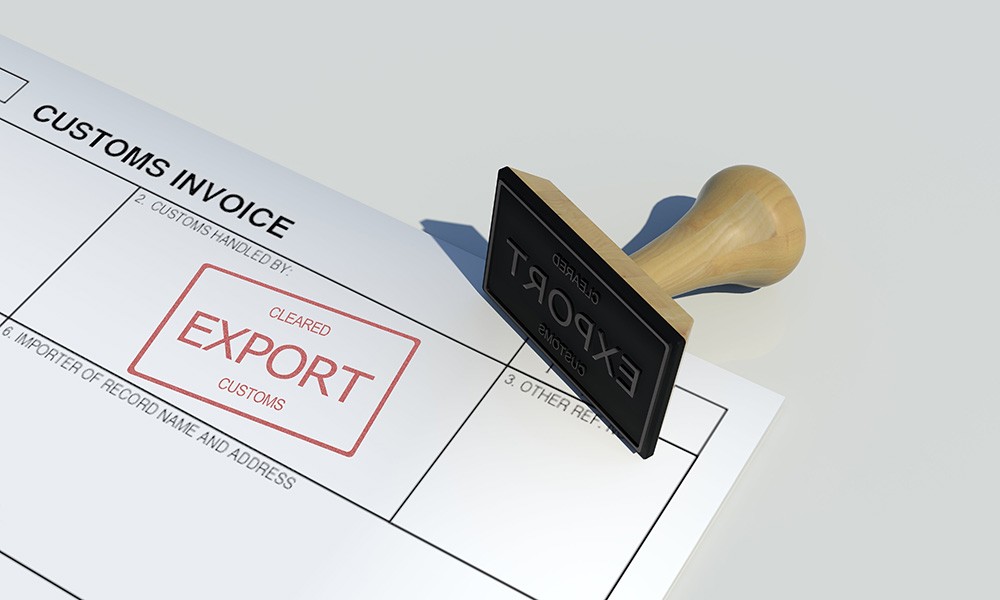
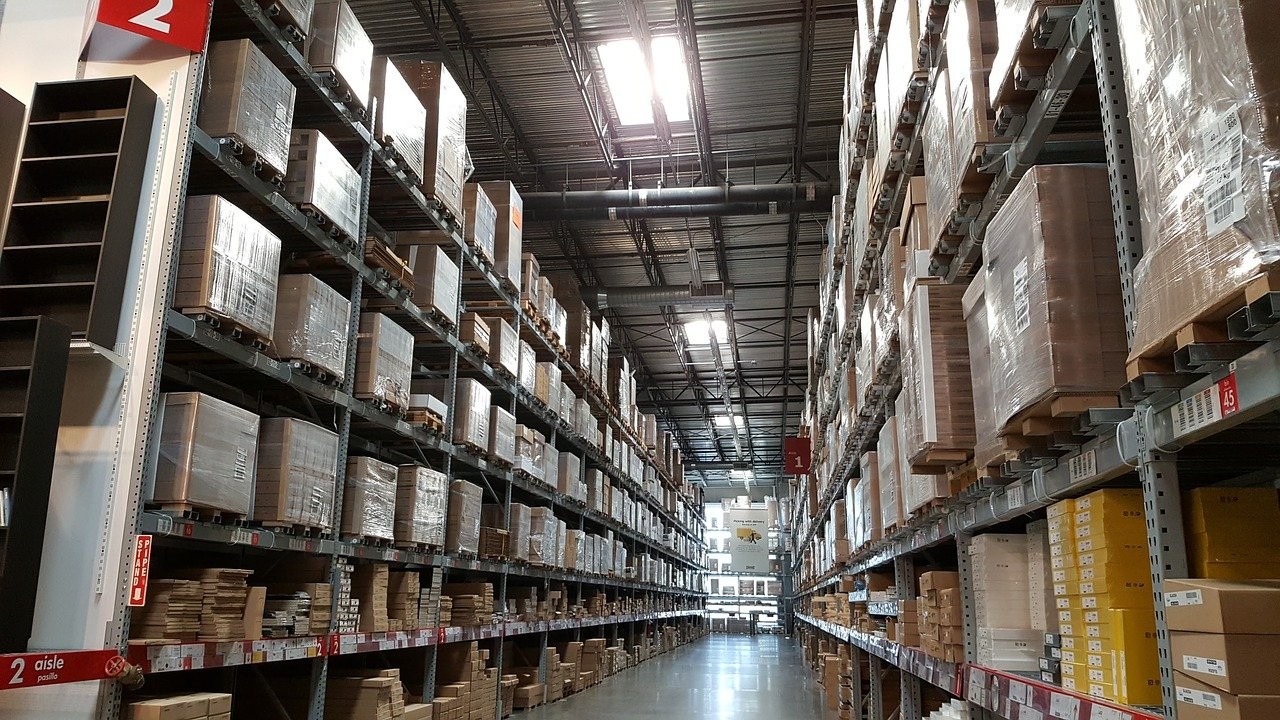
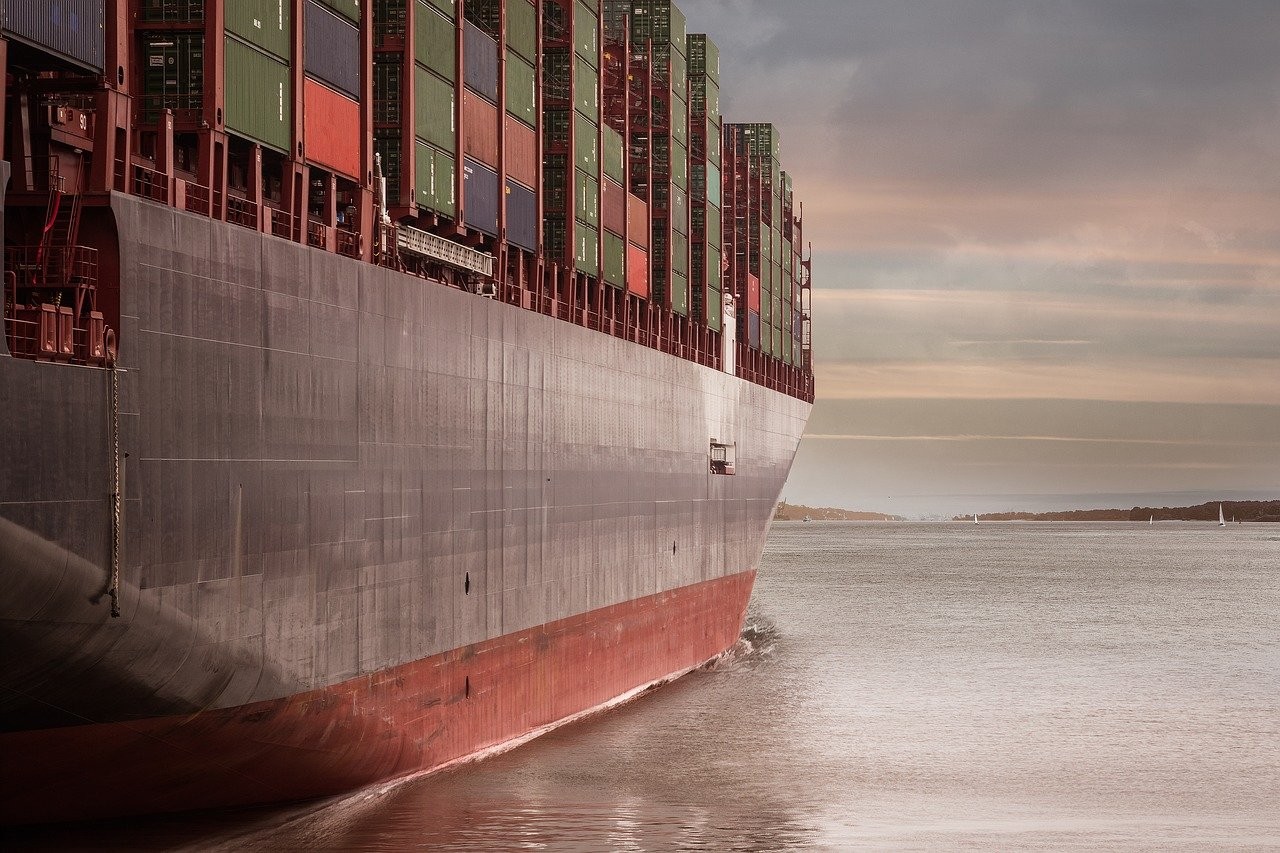
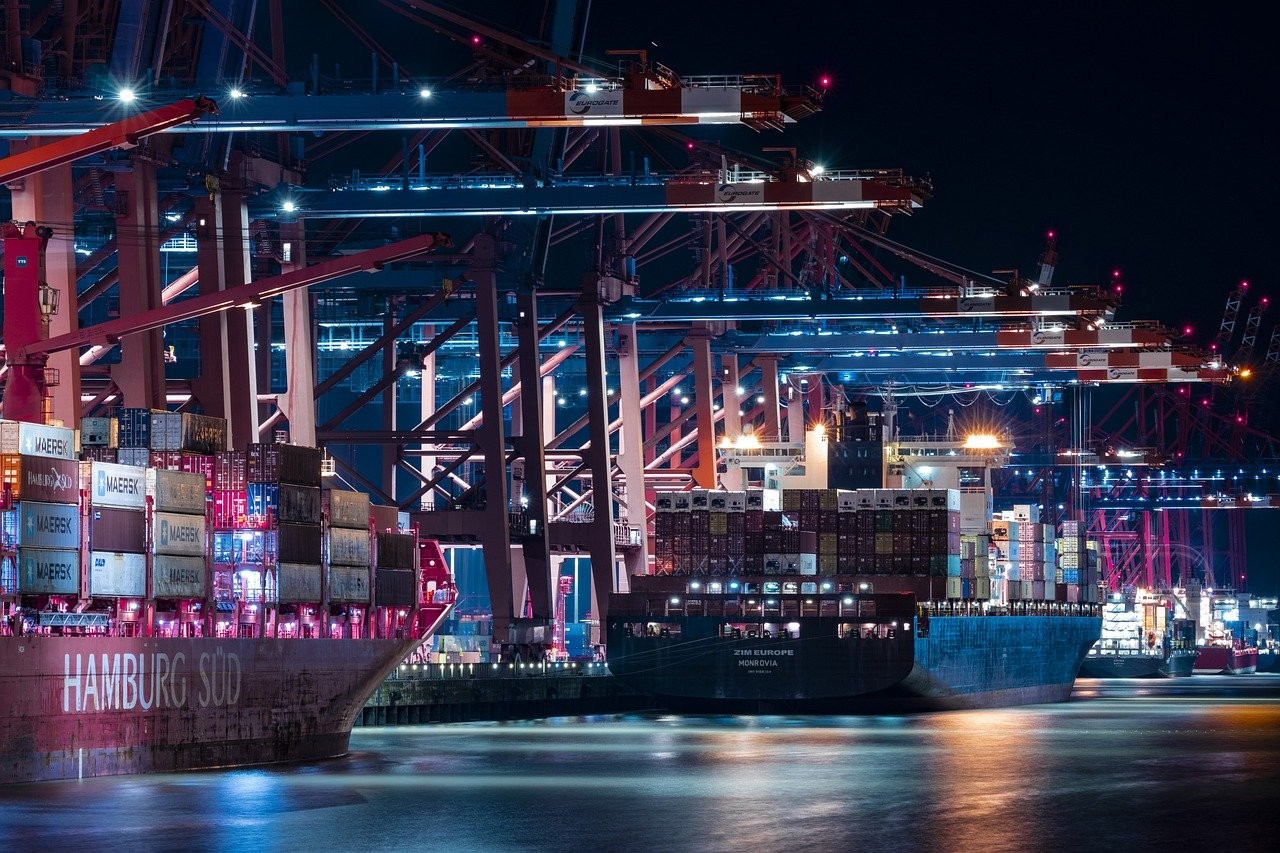
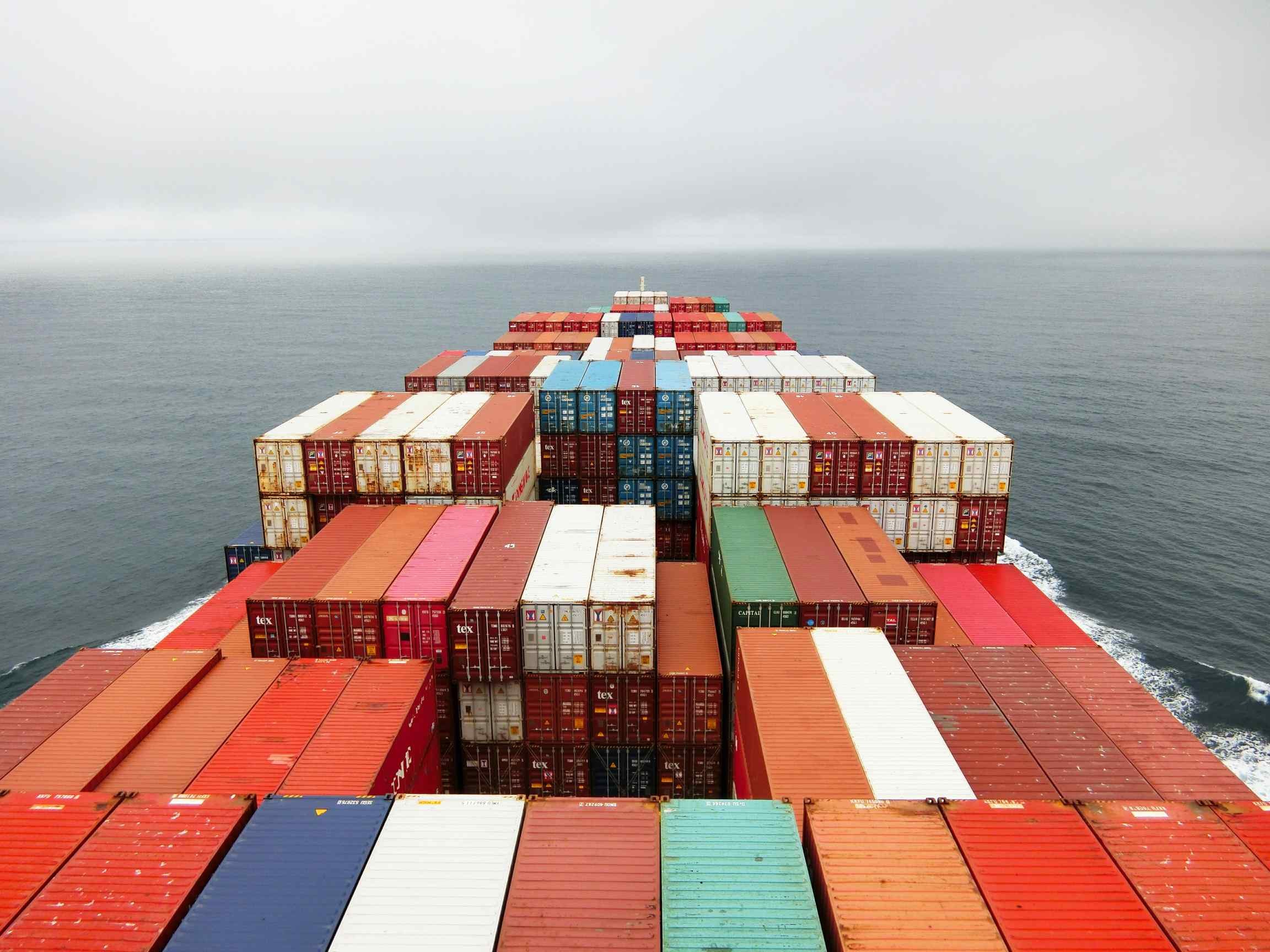
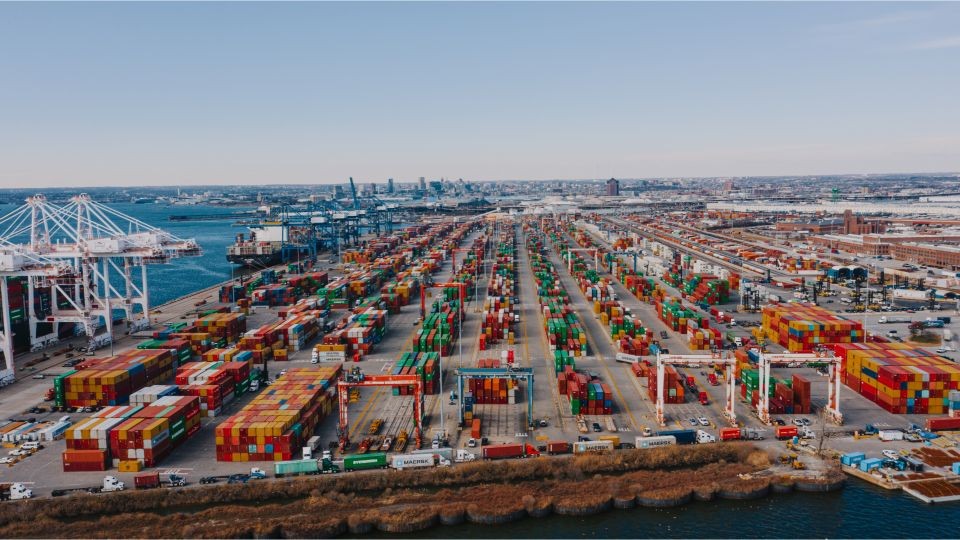

.png)